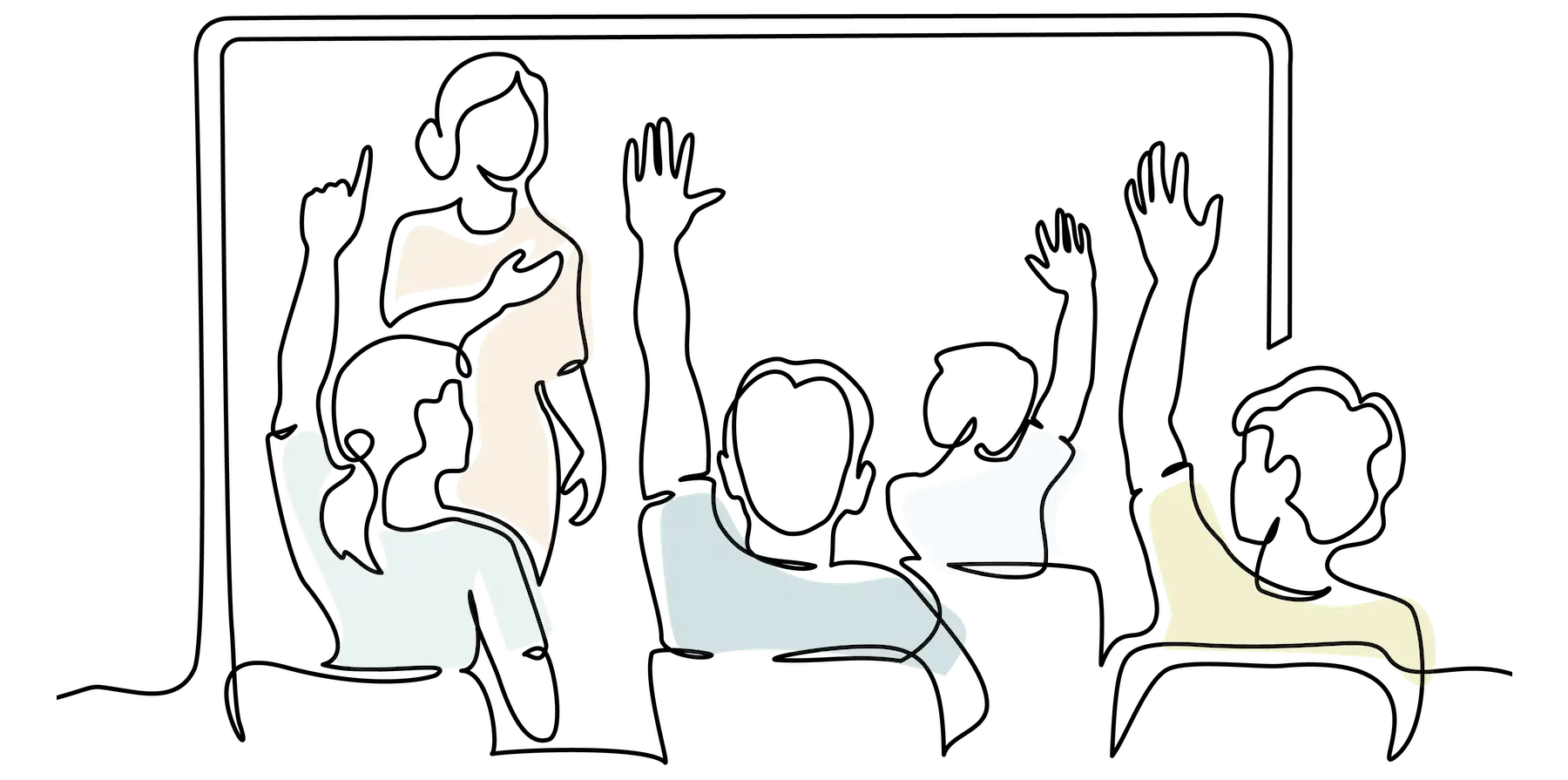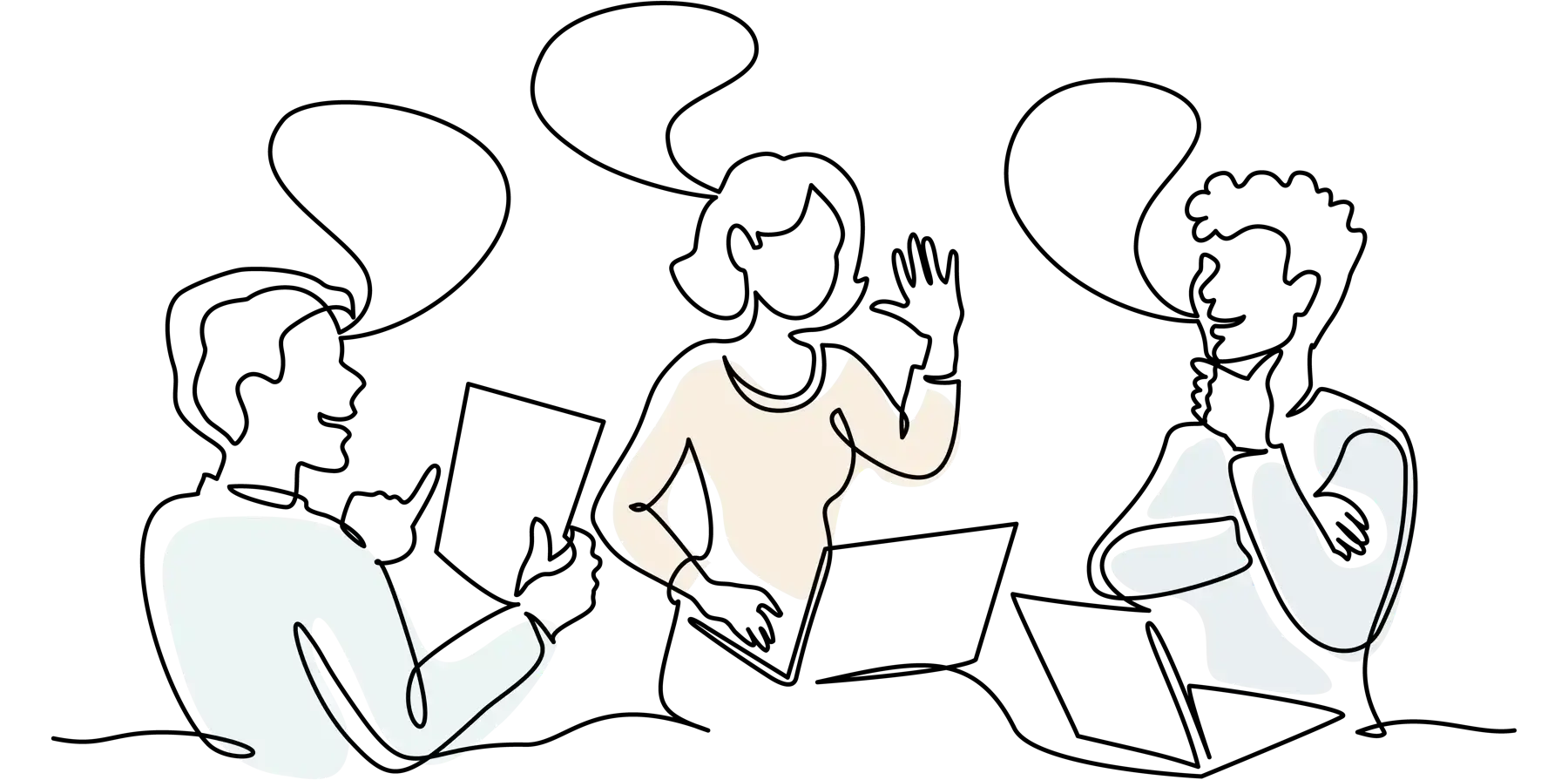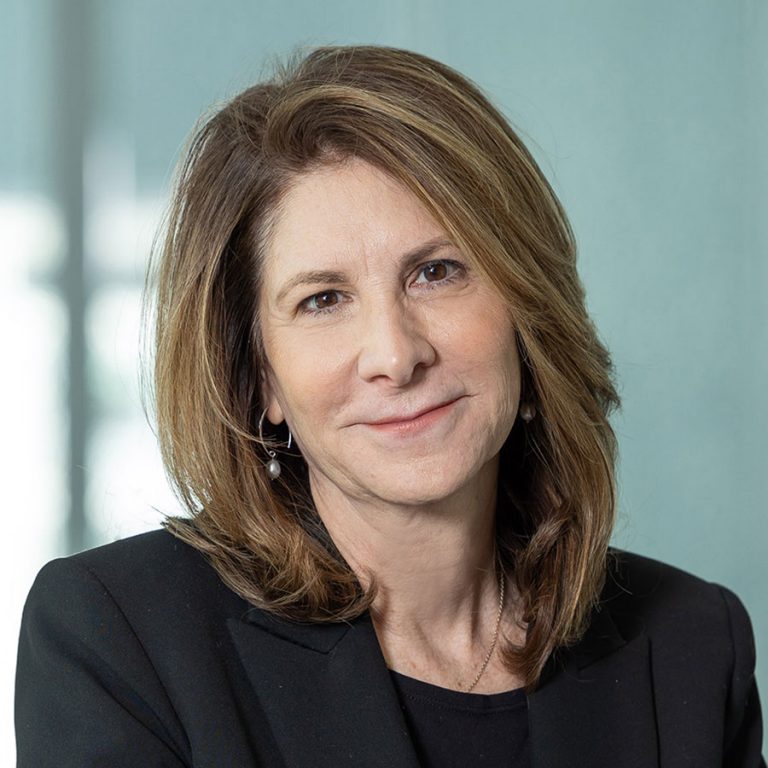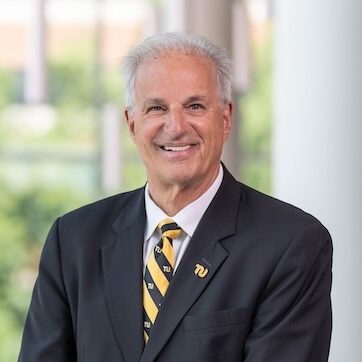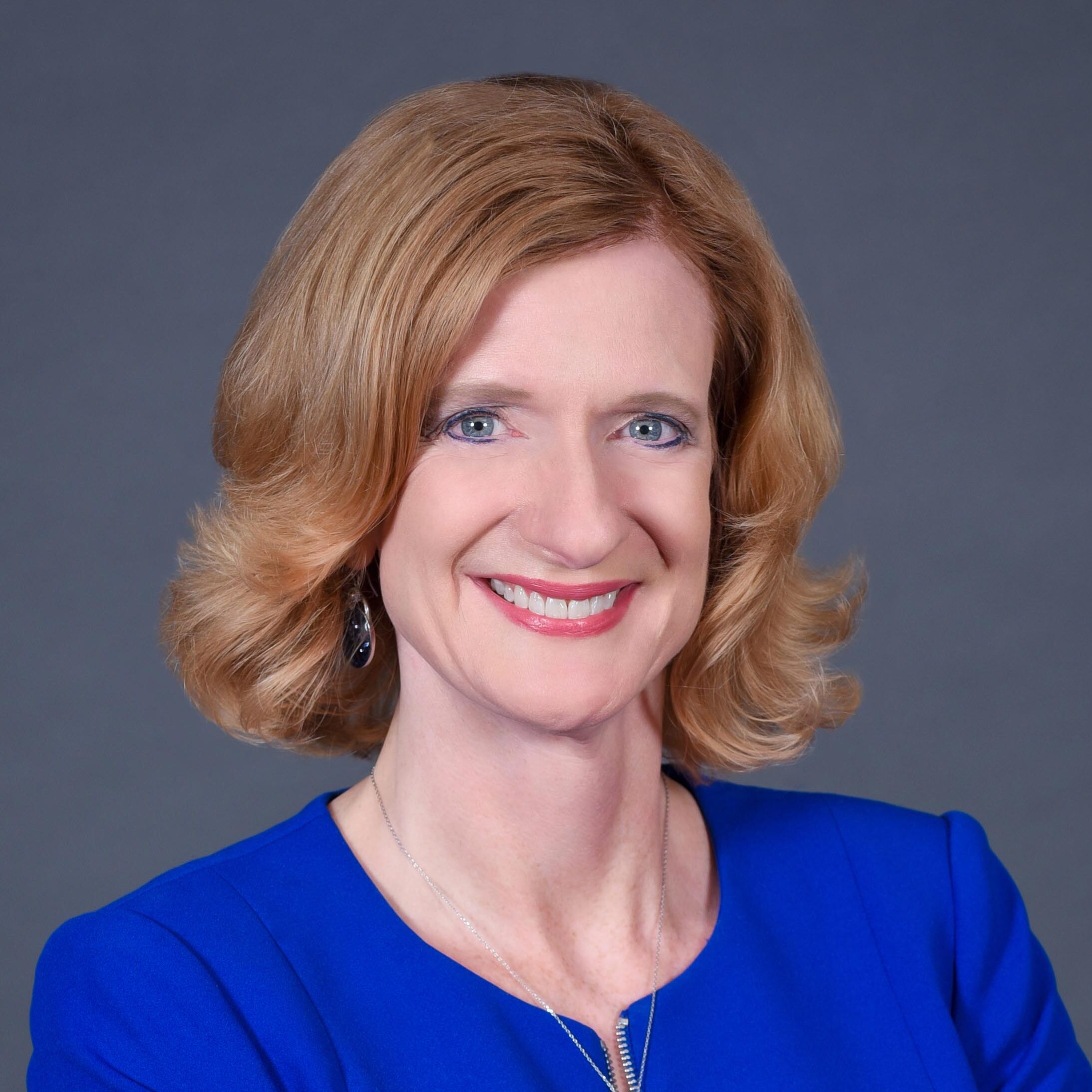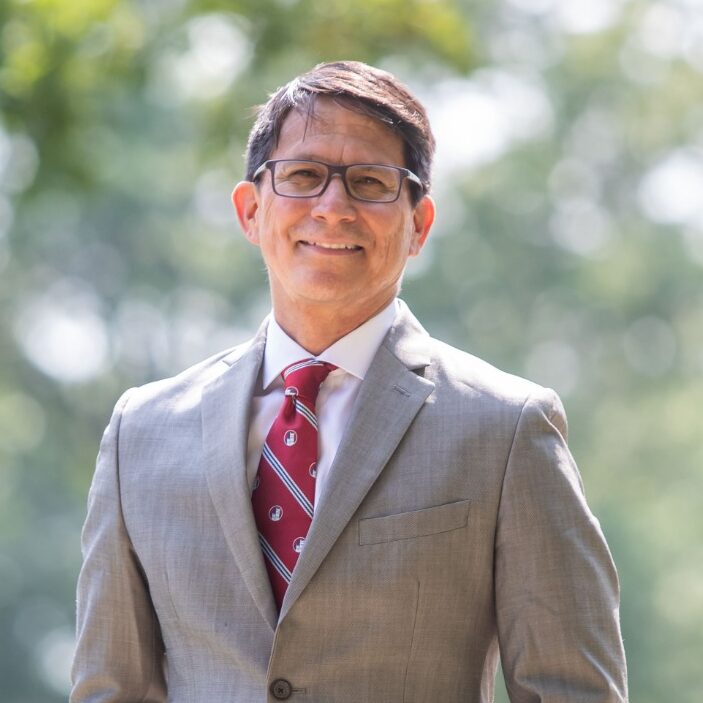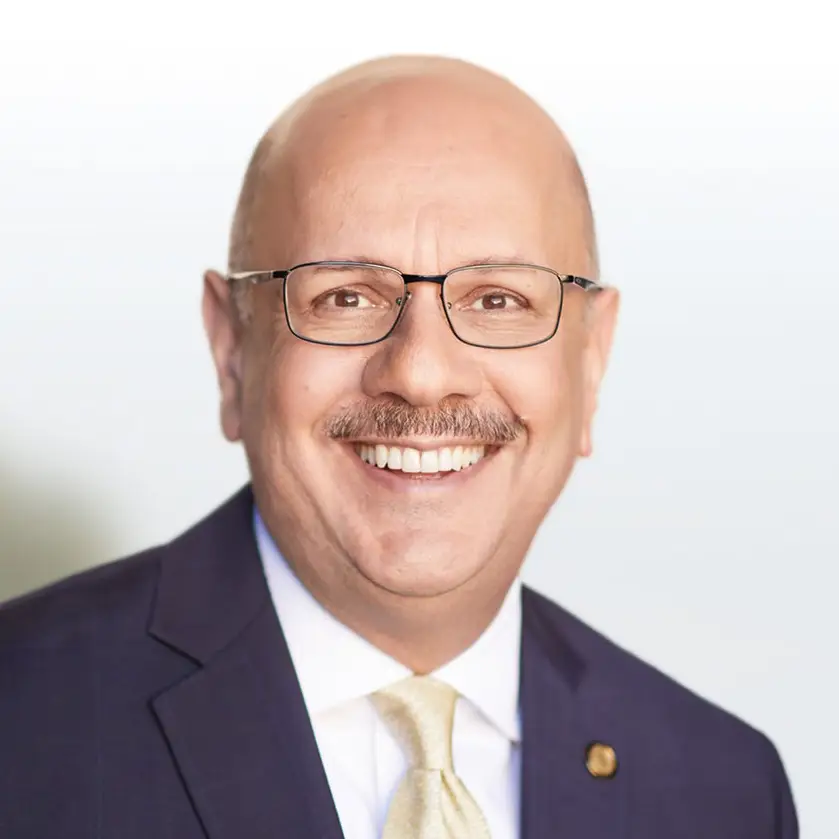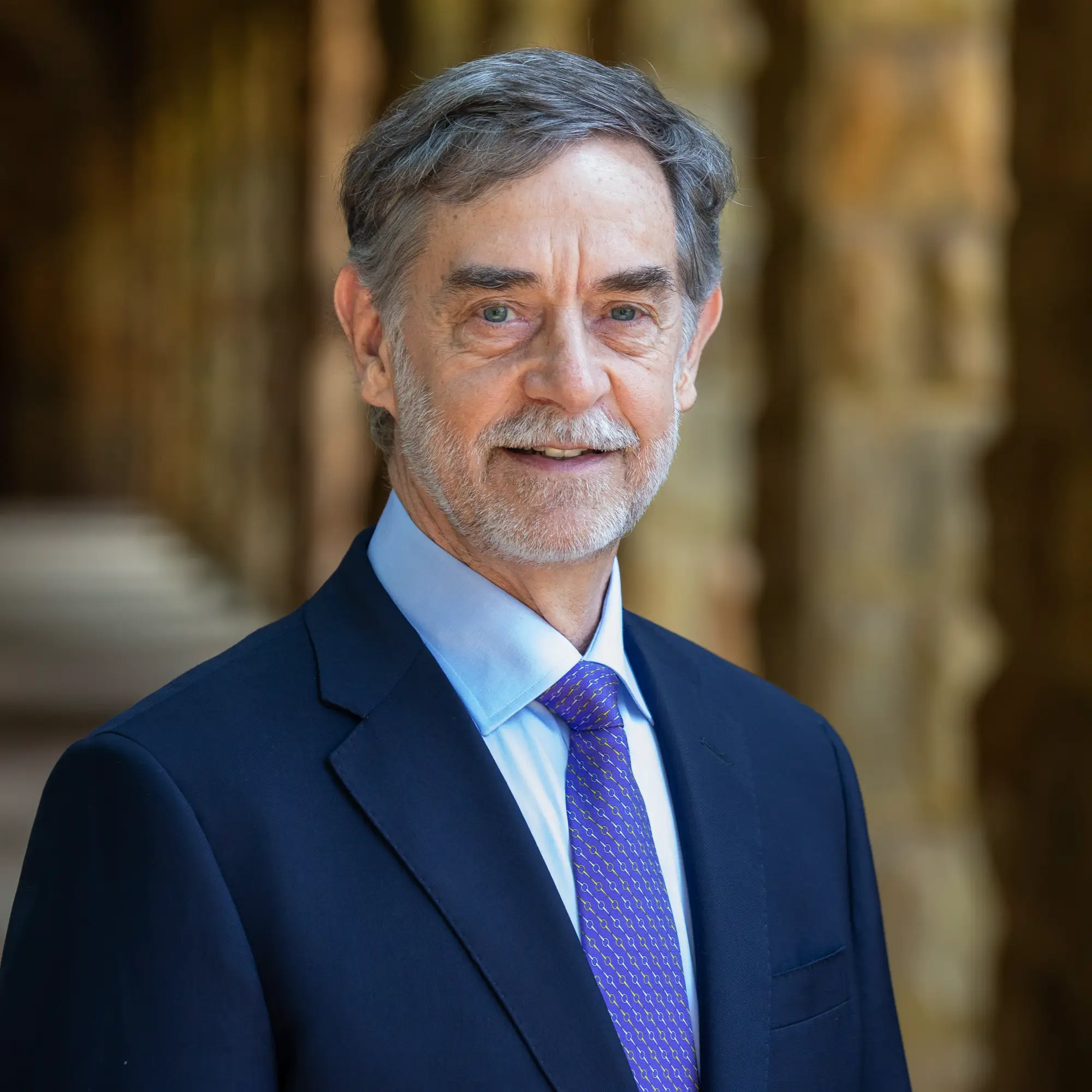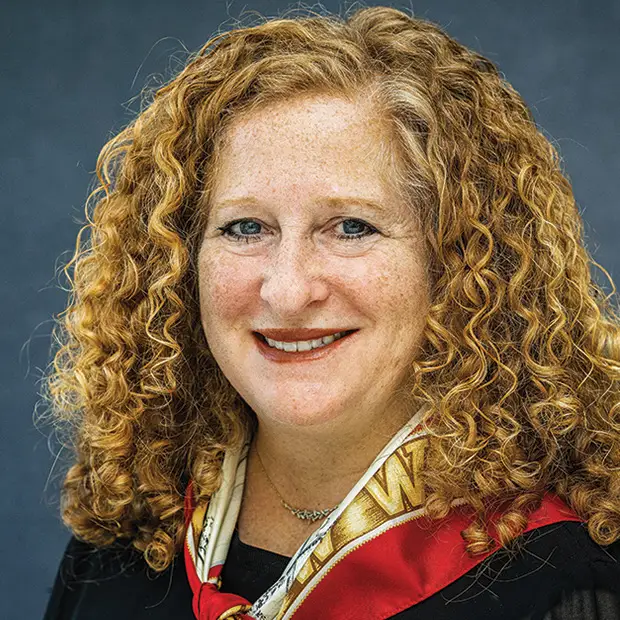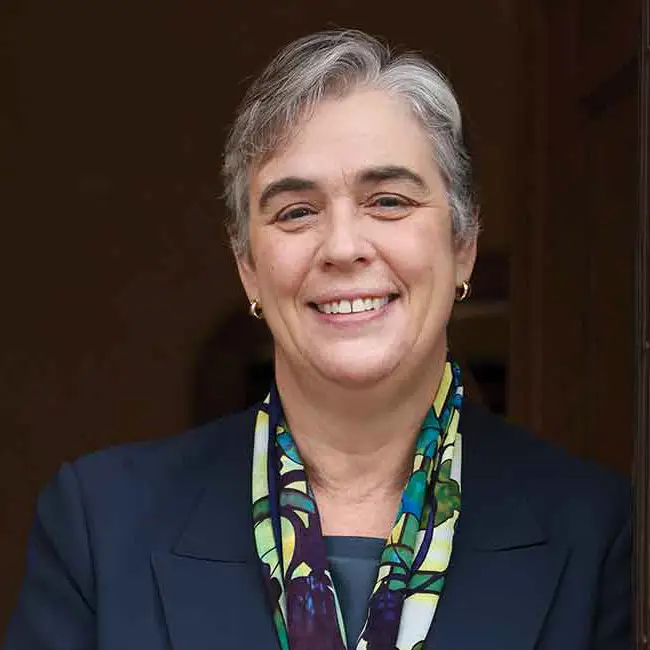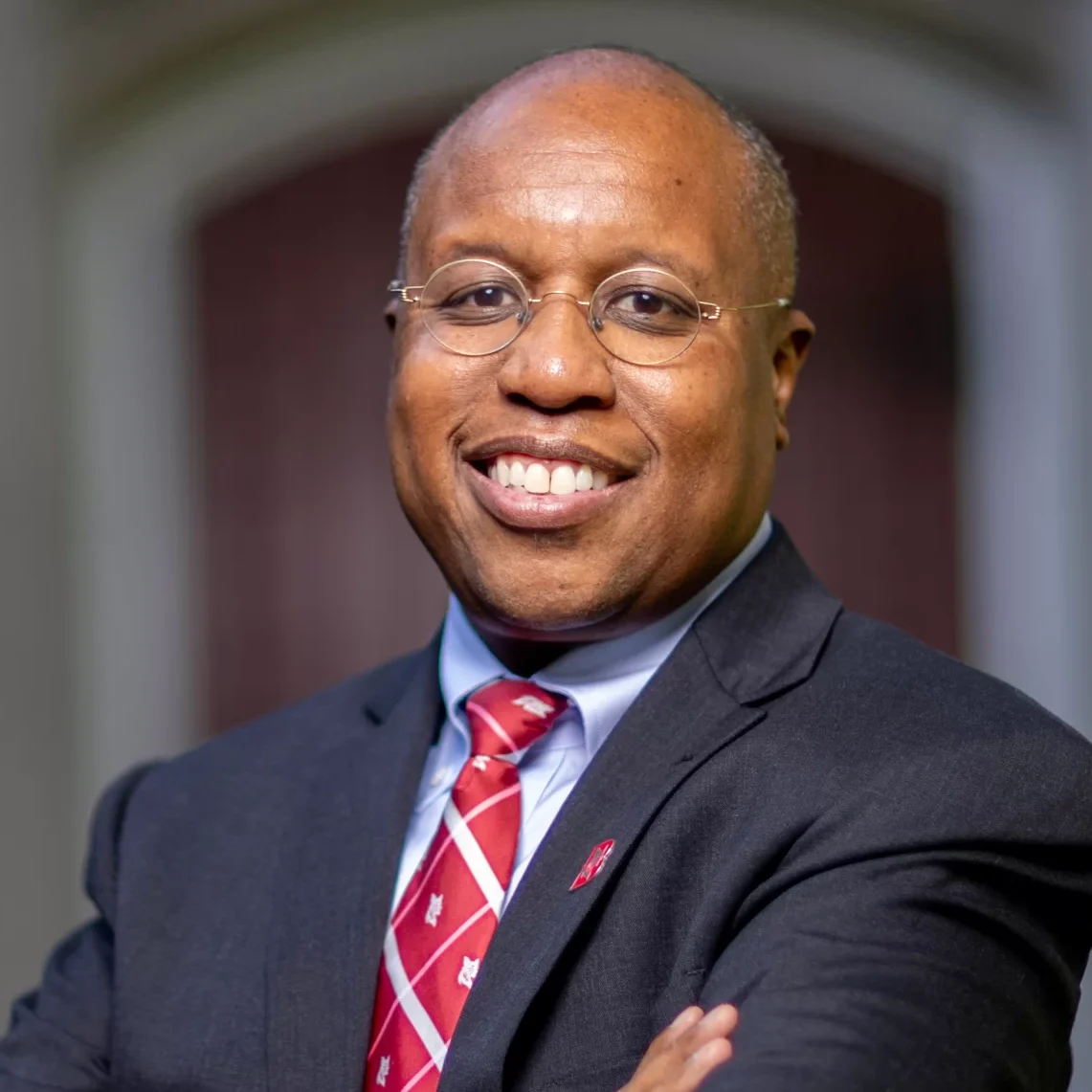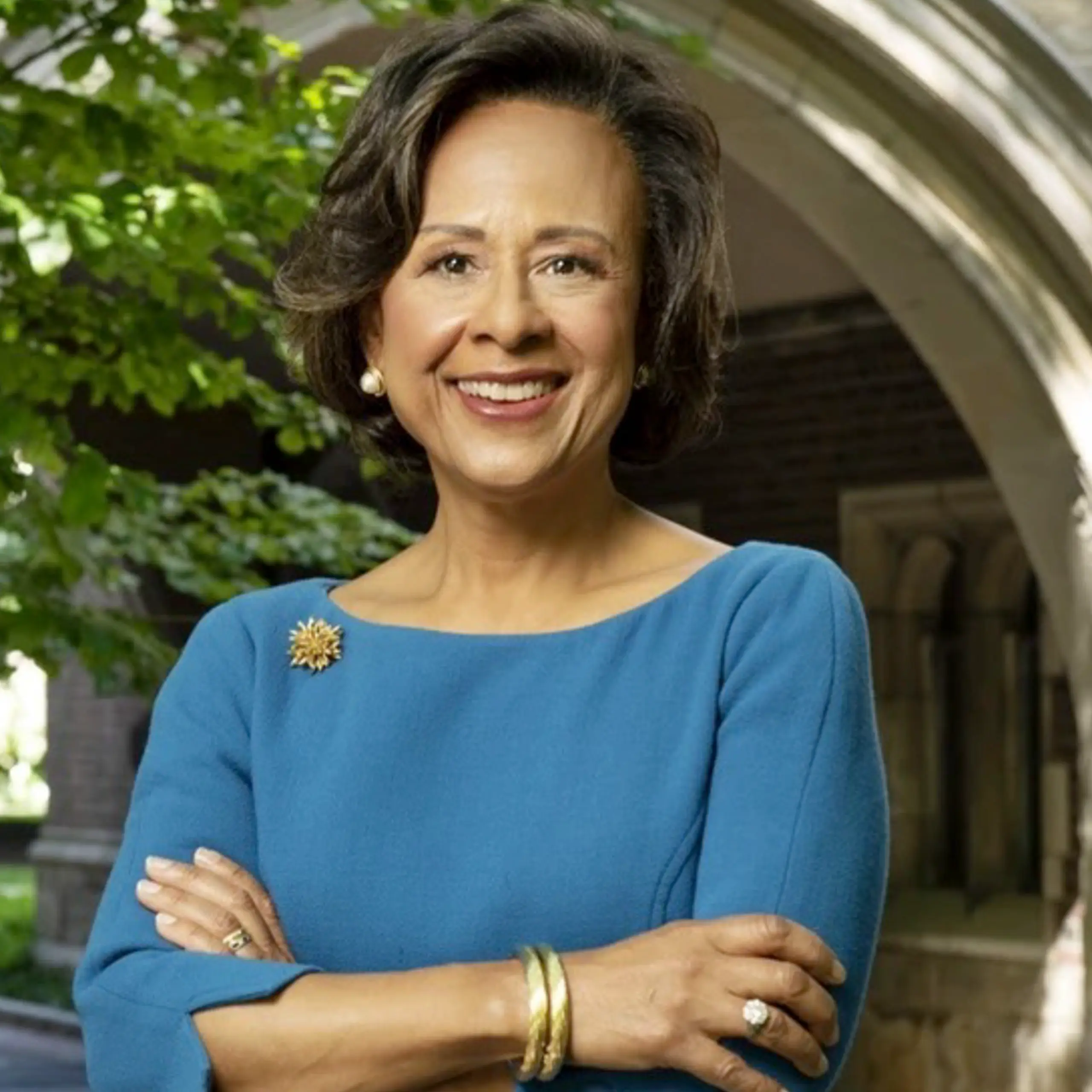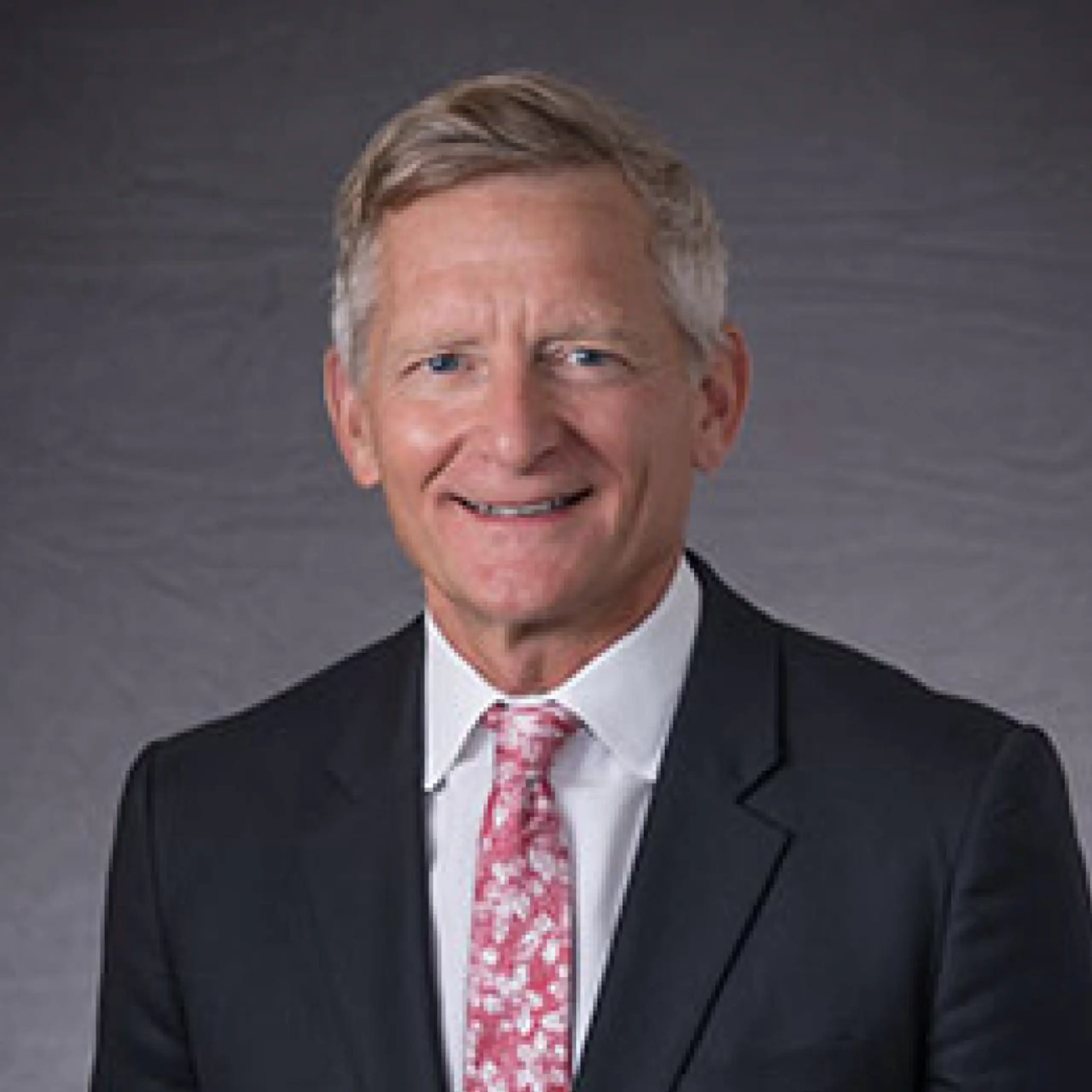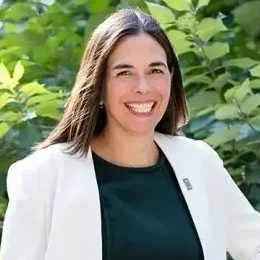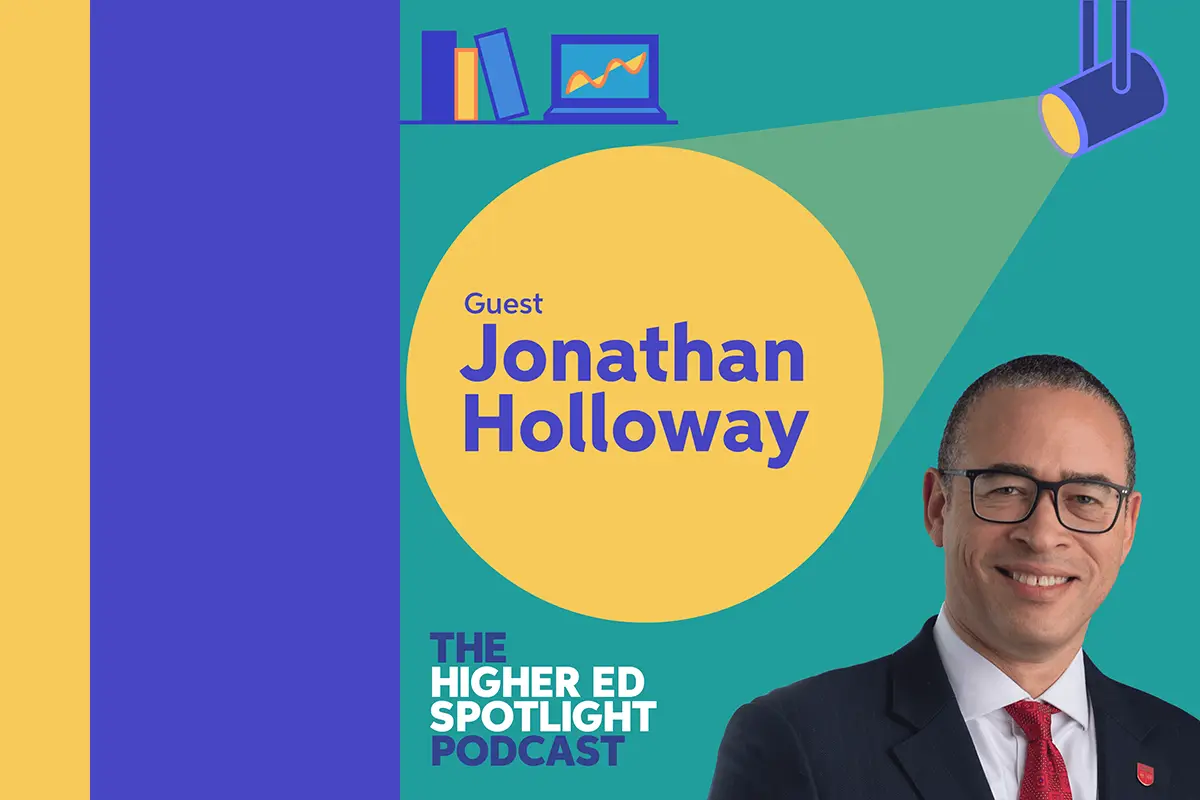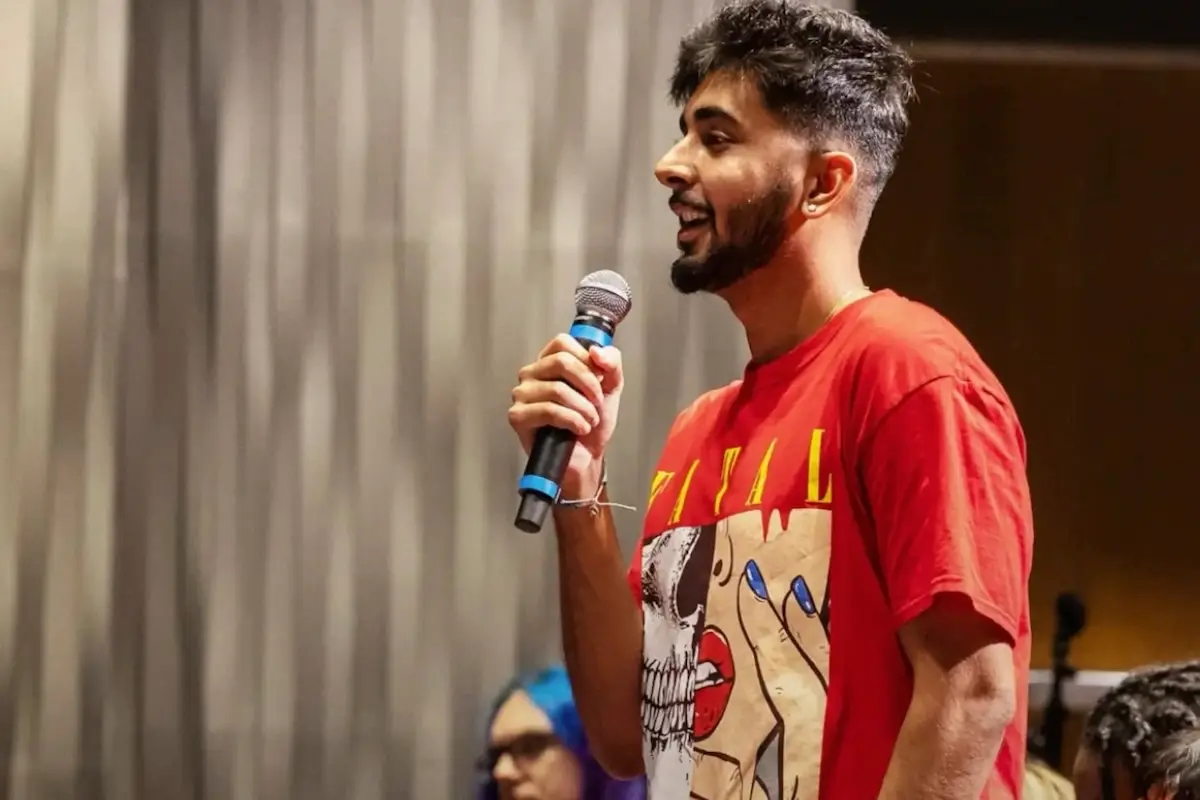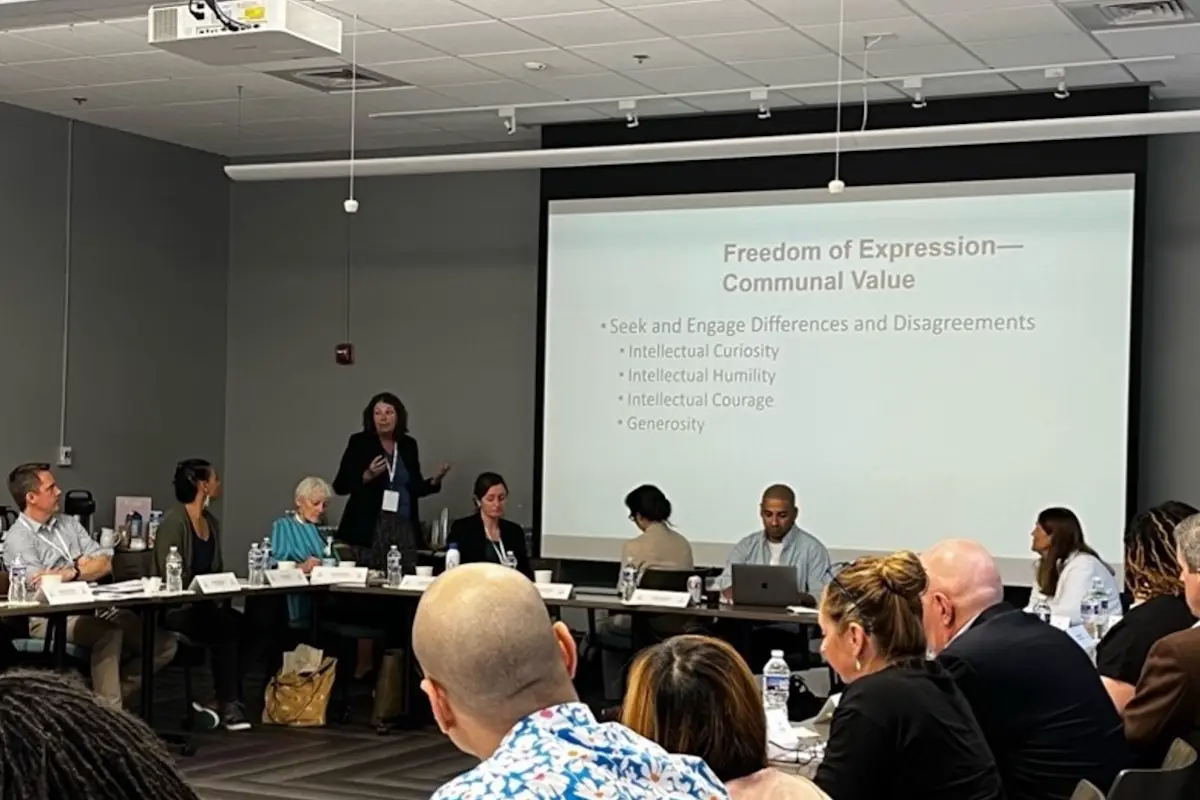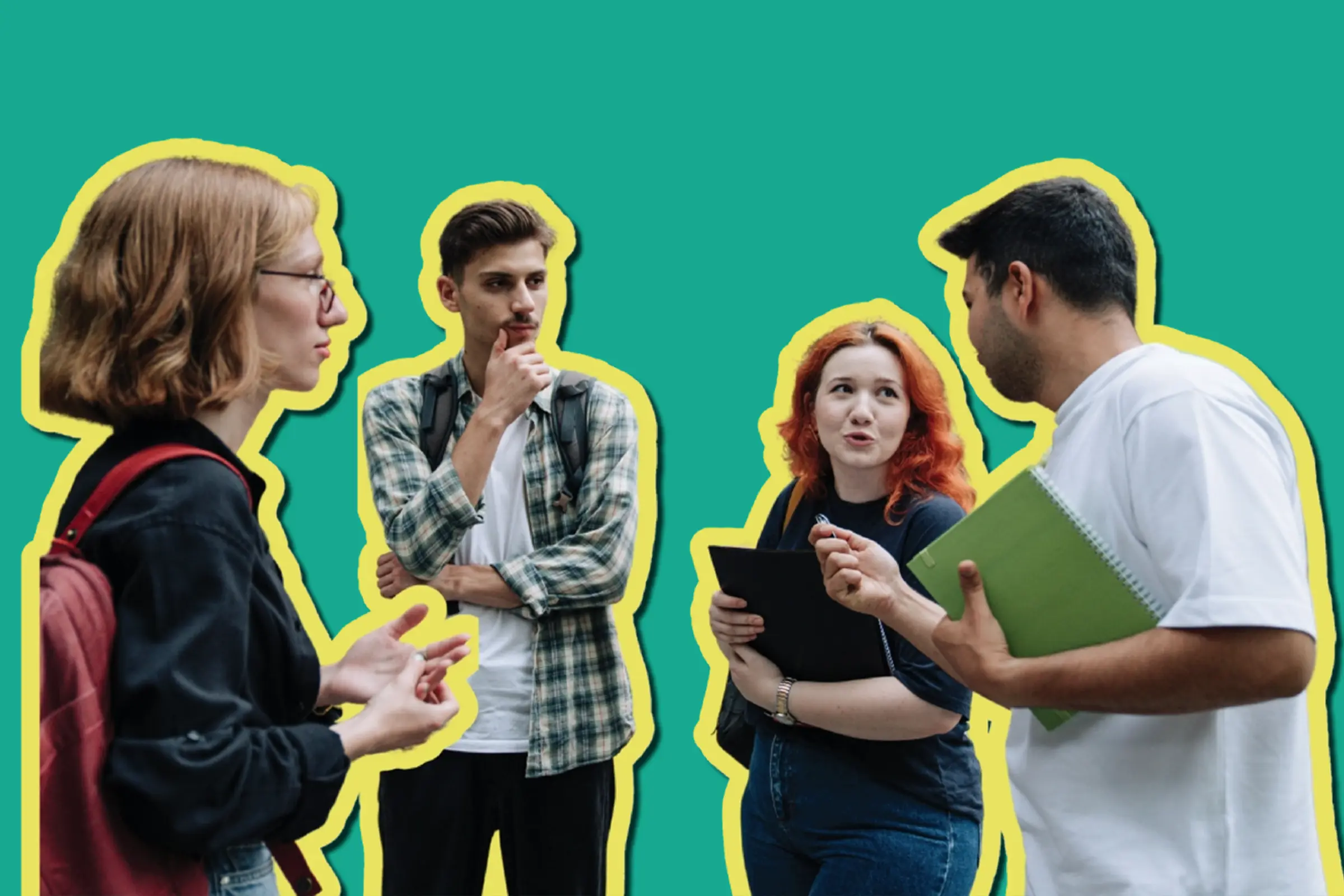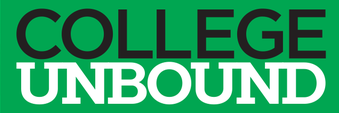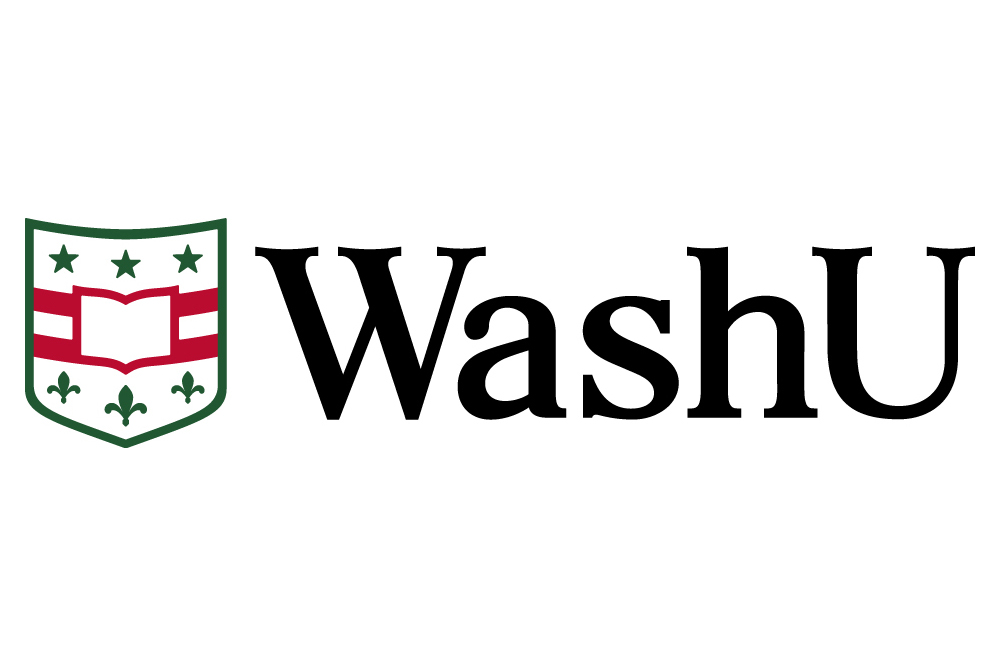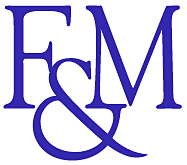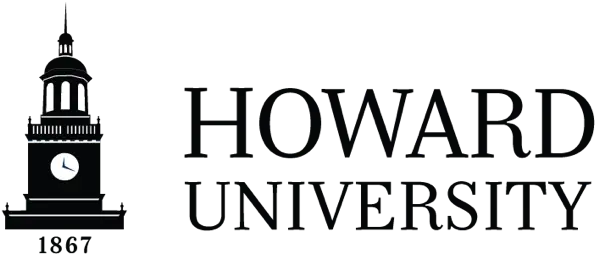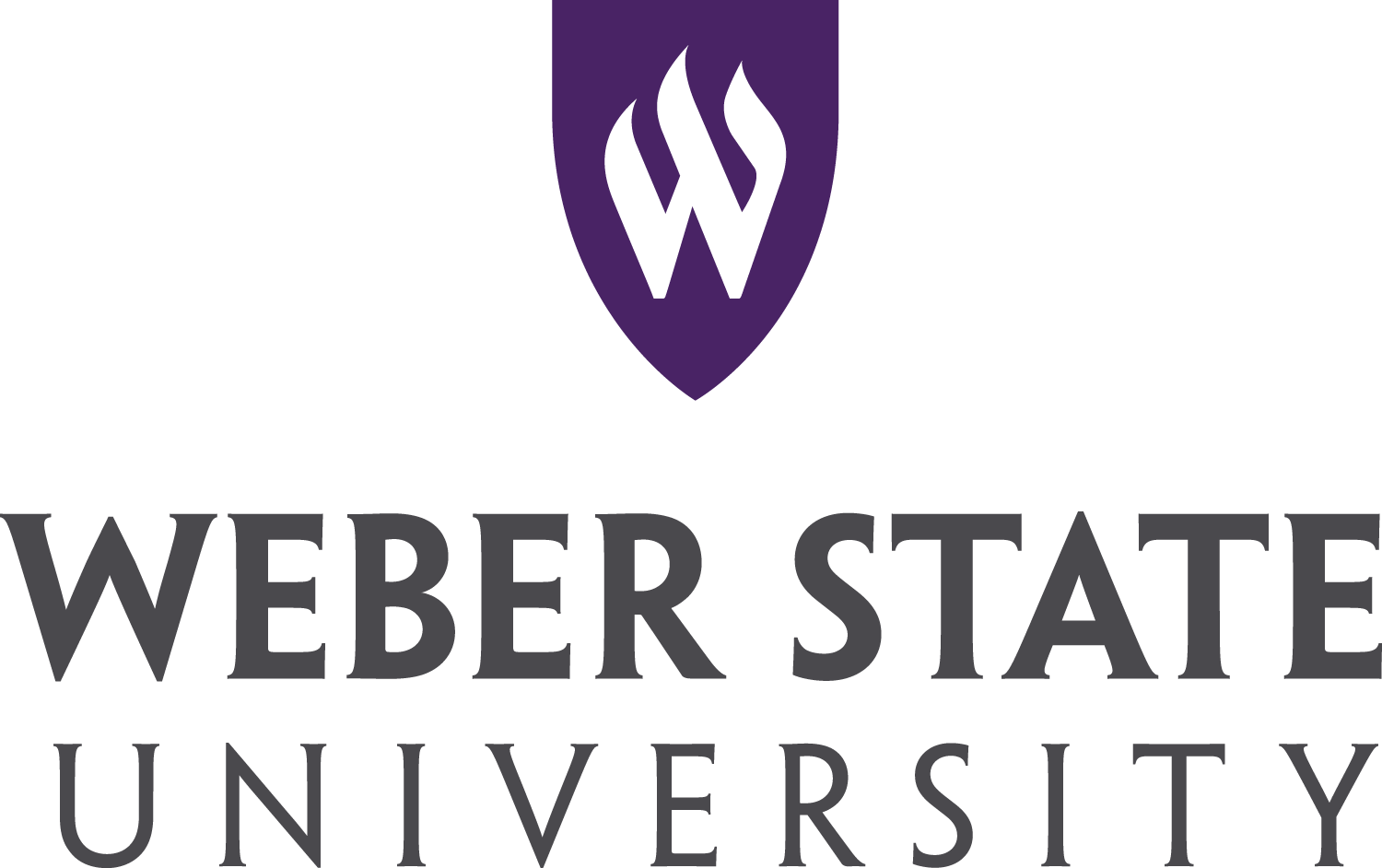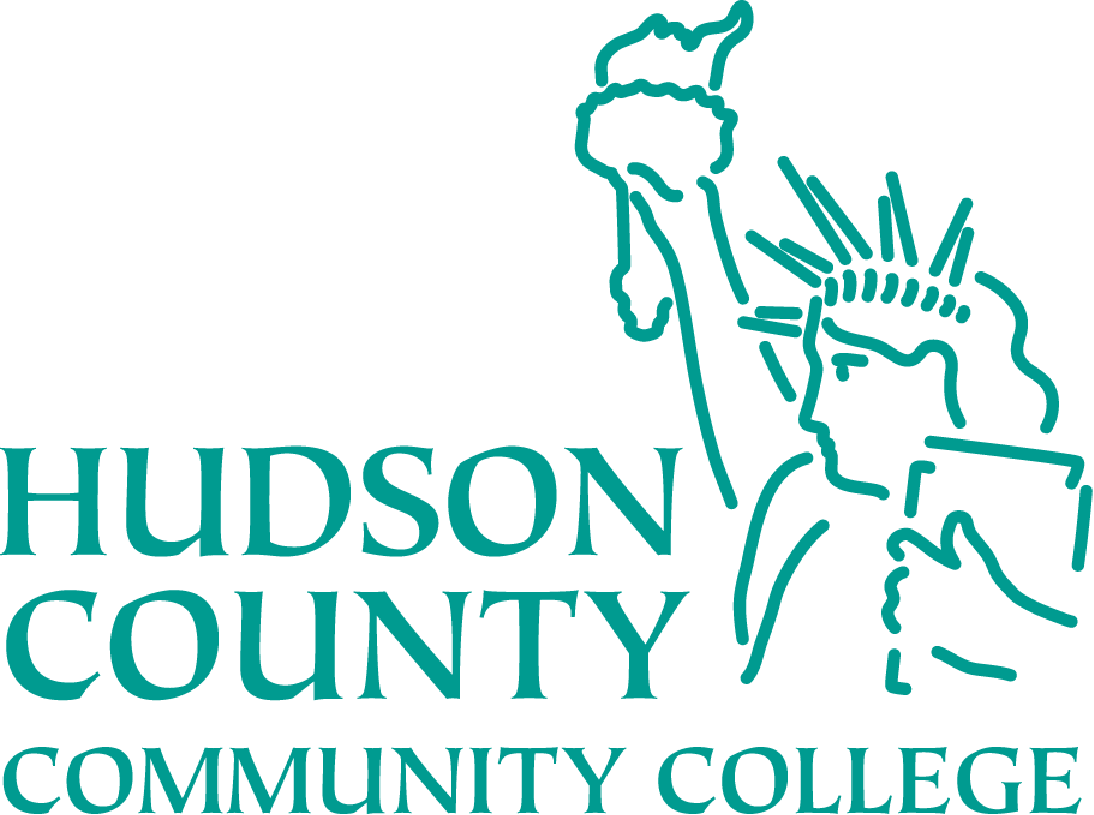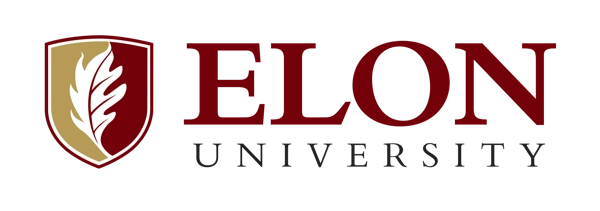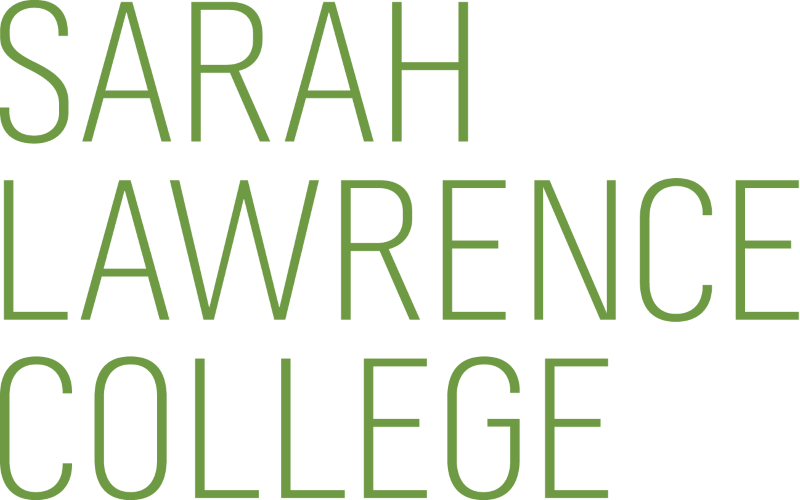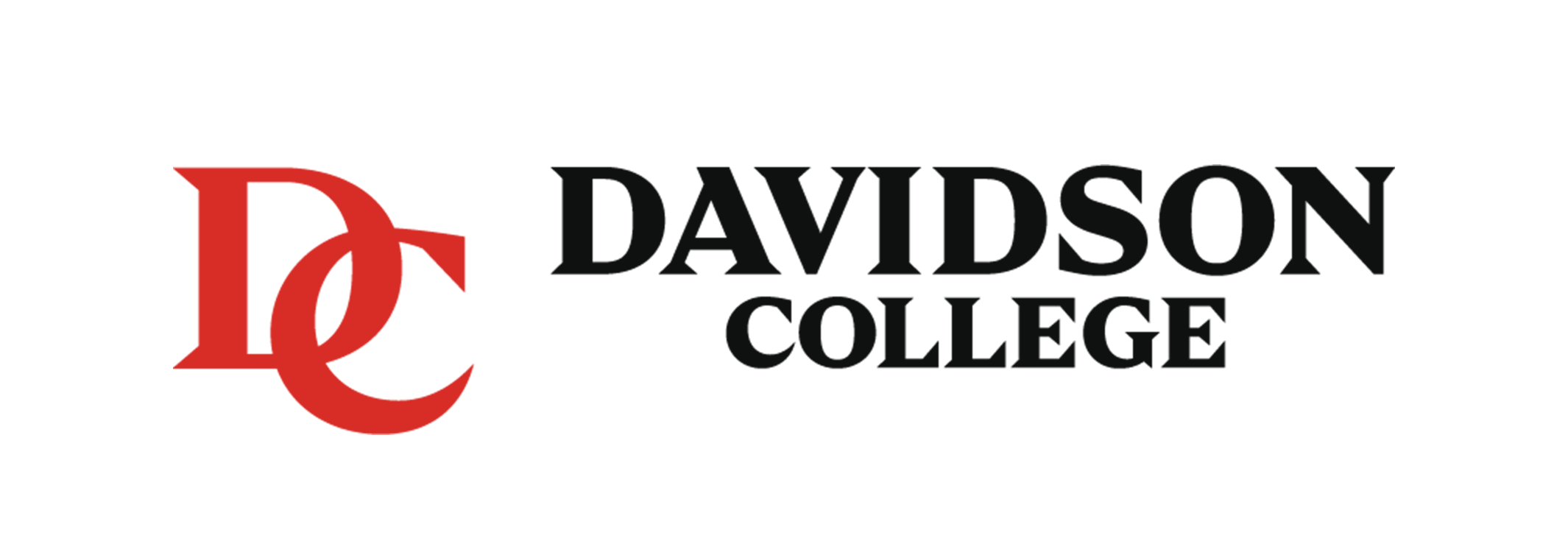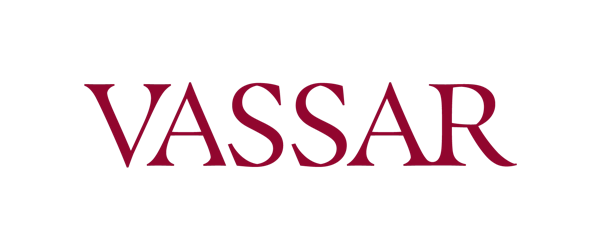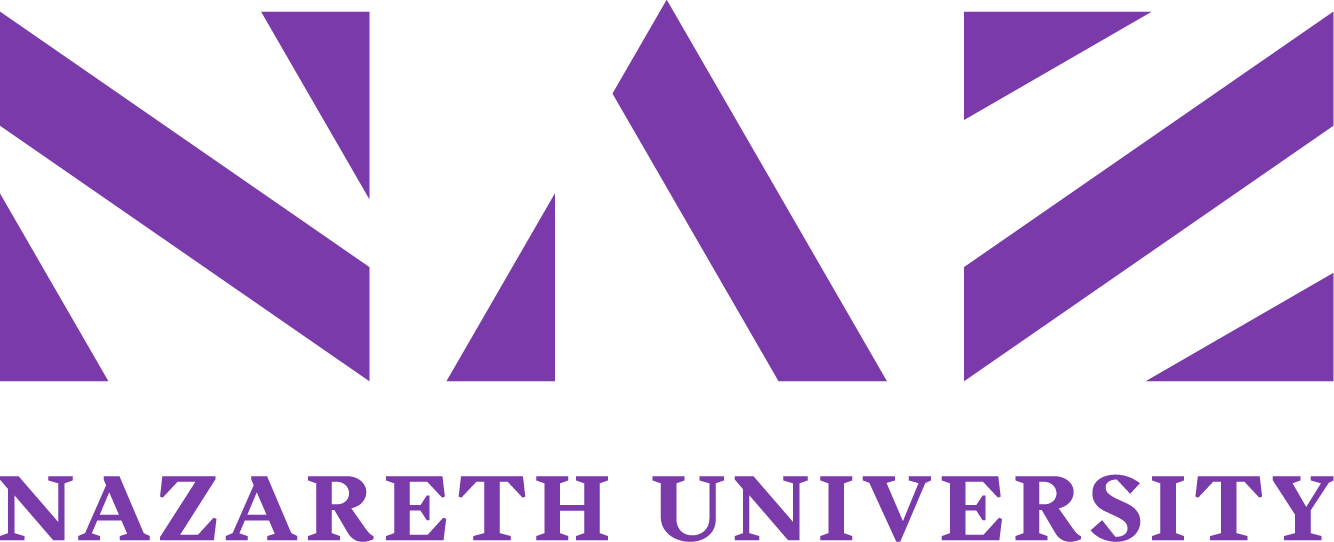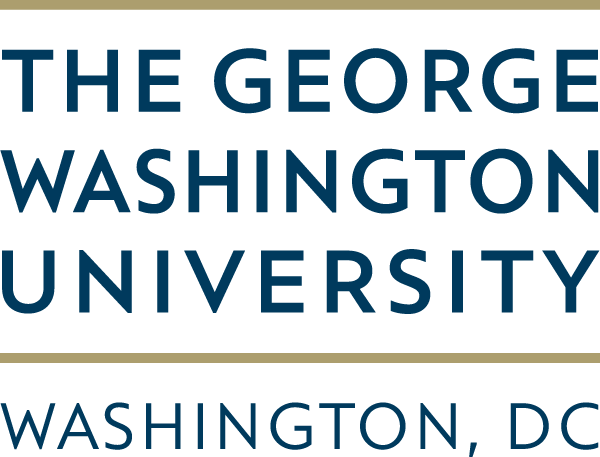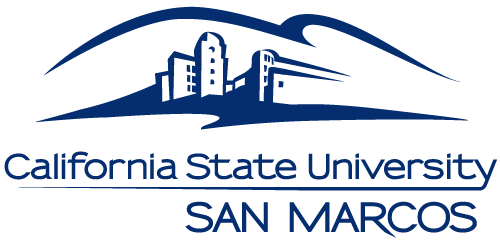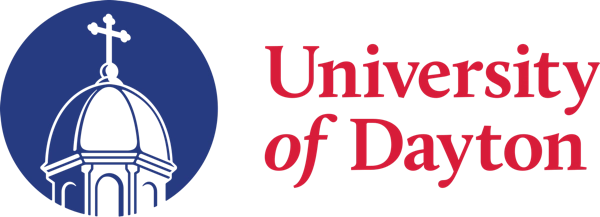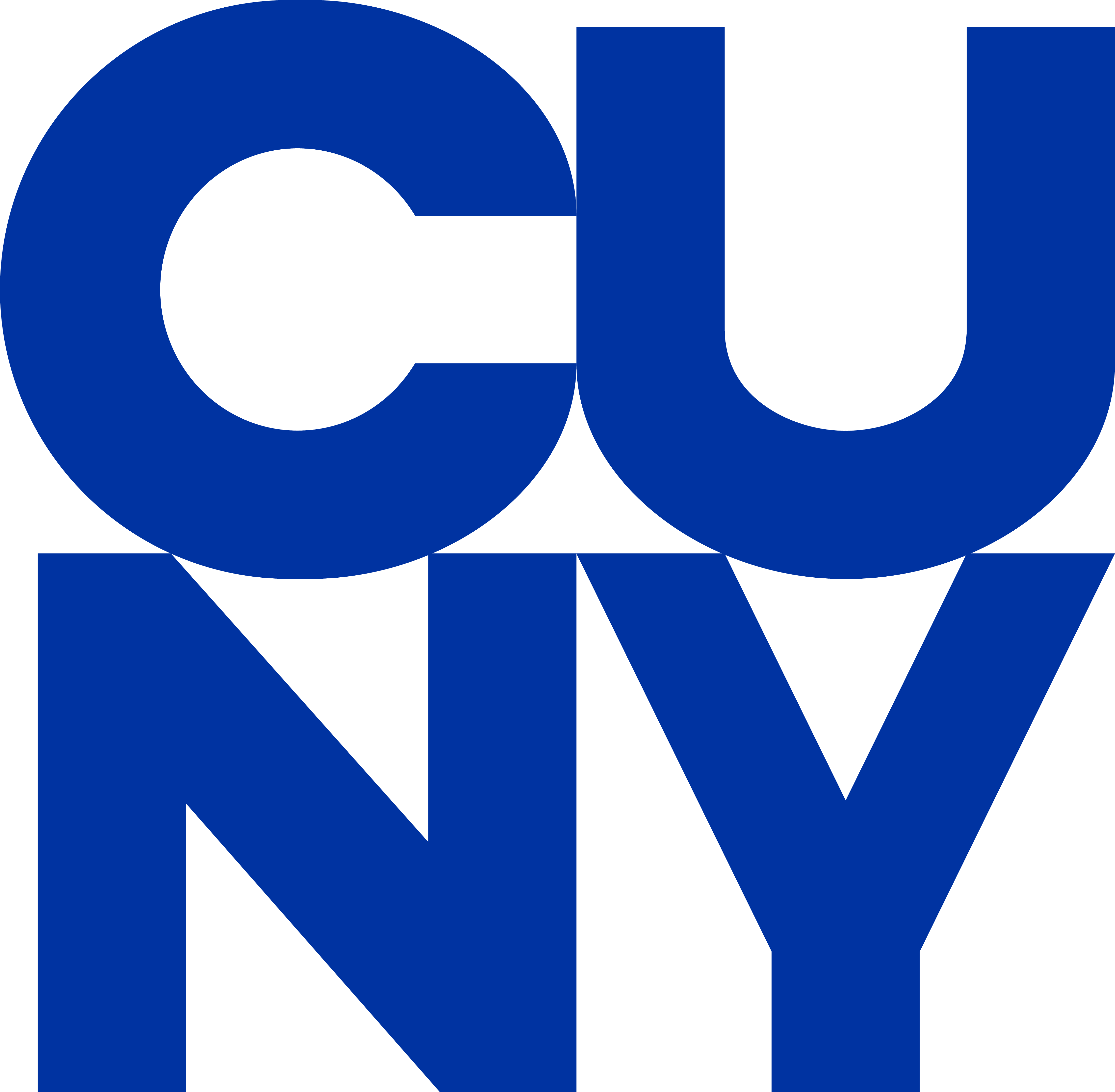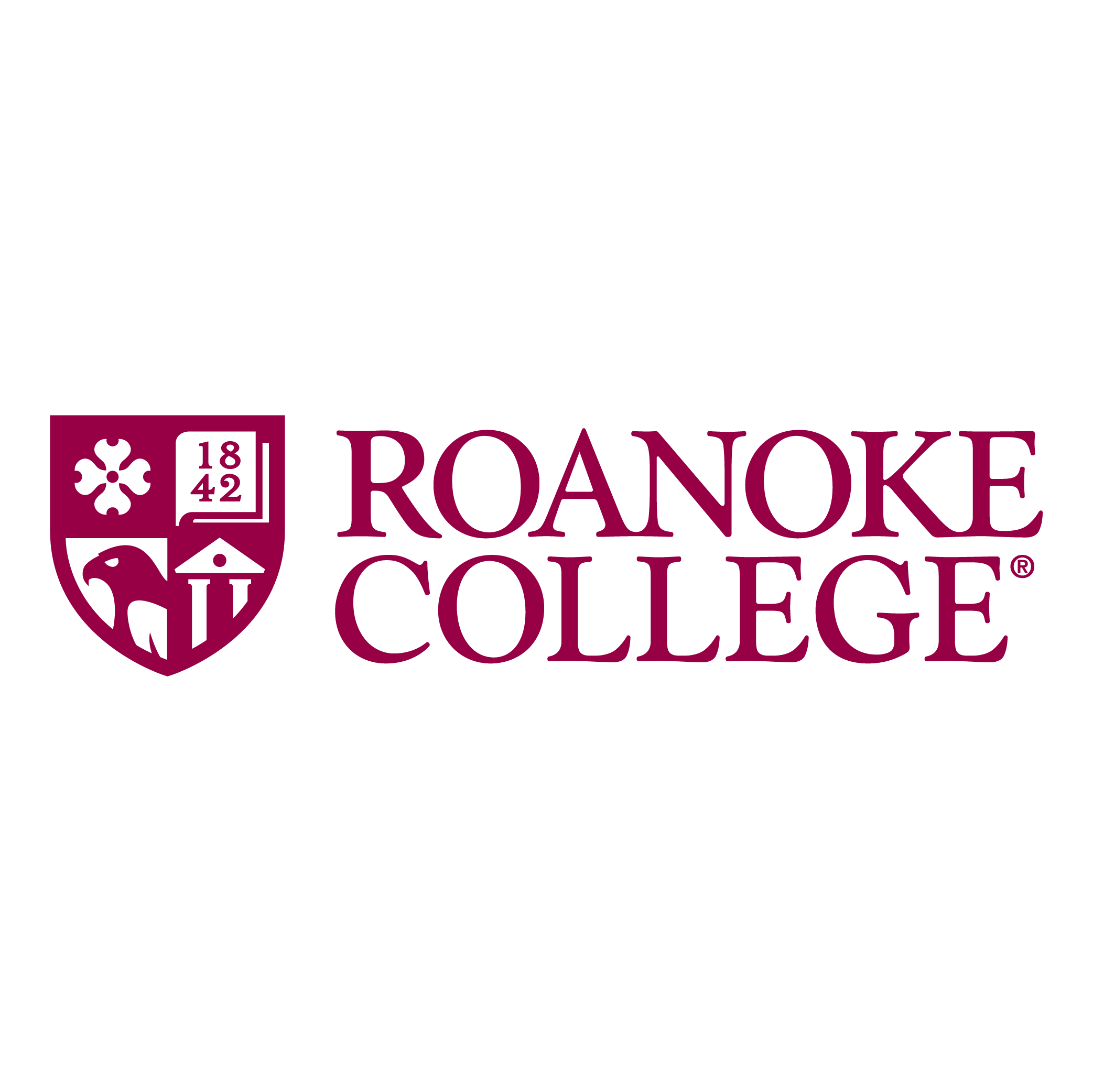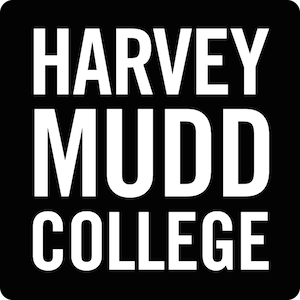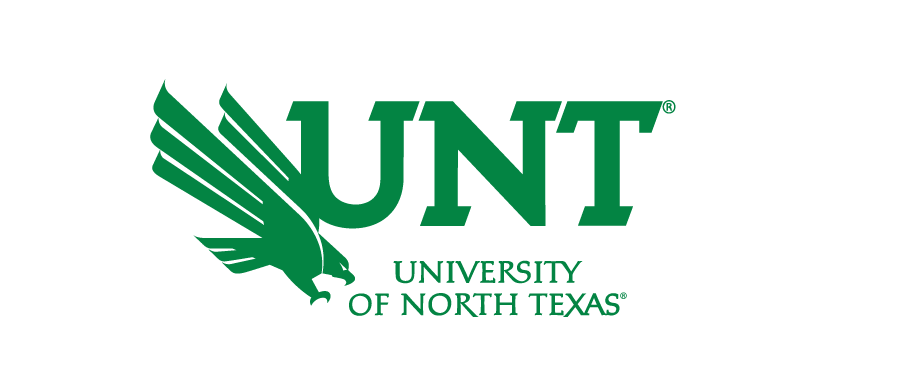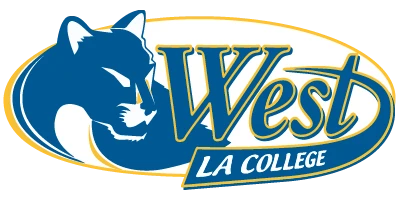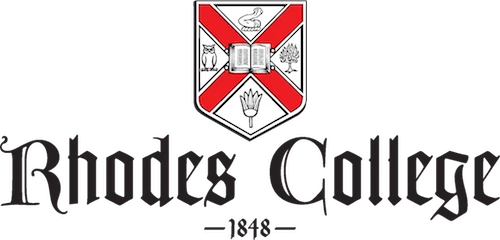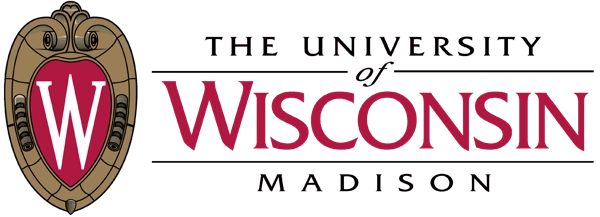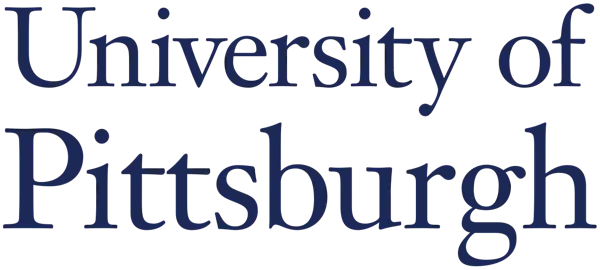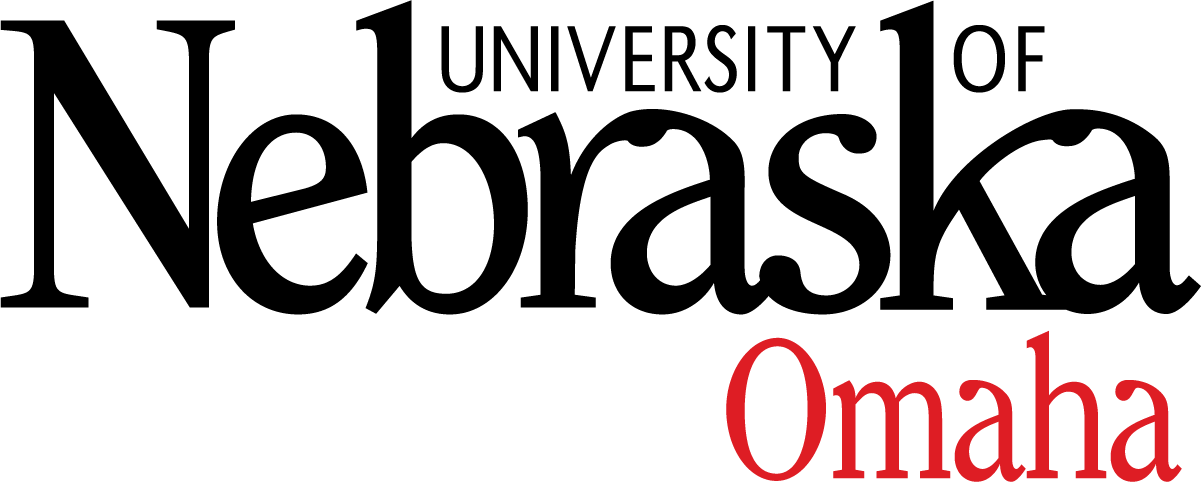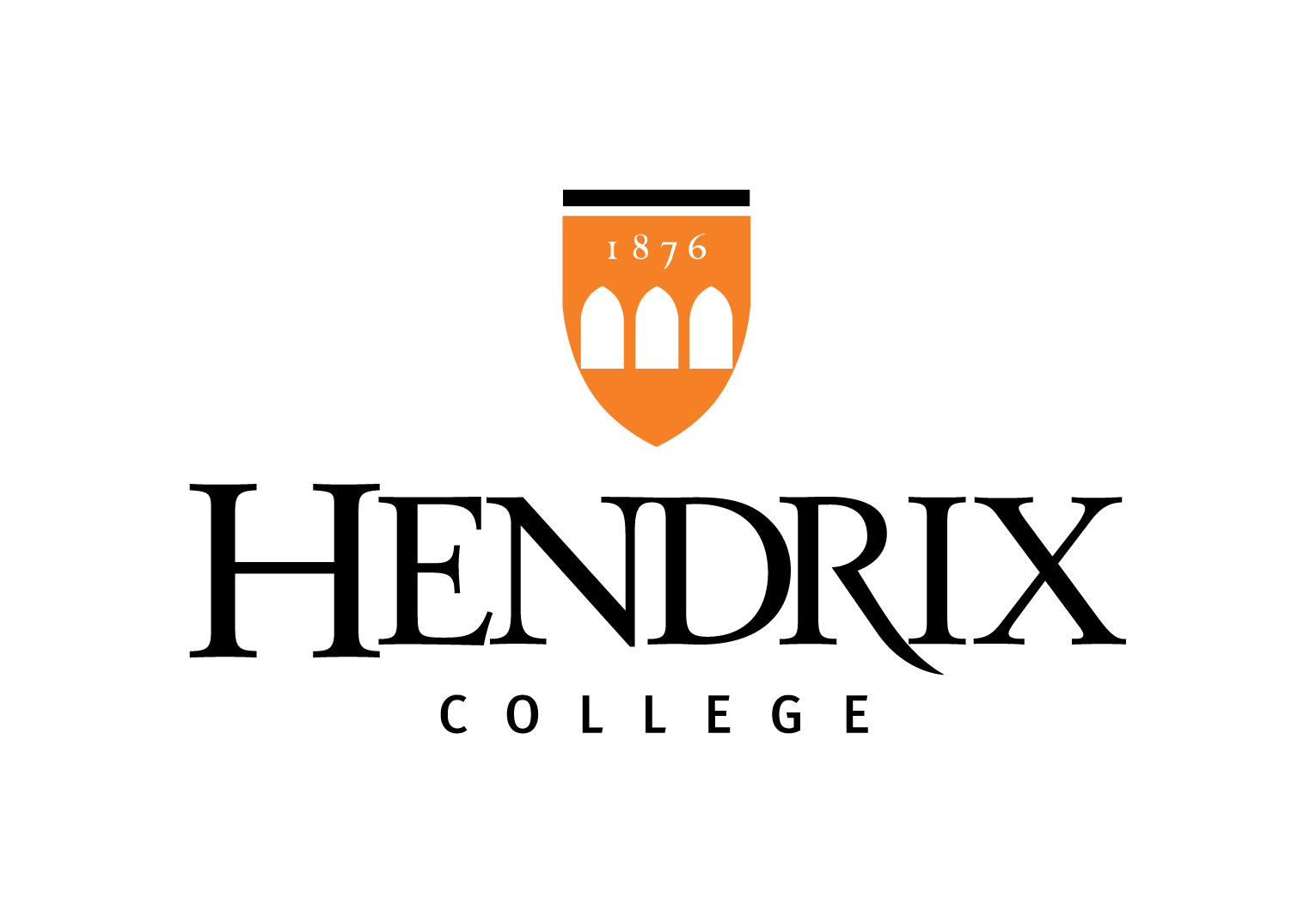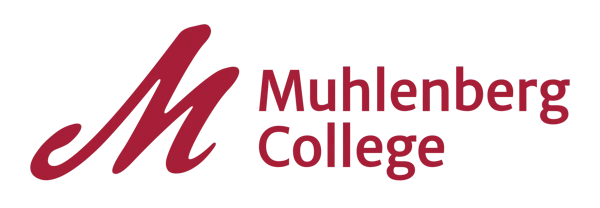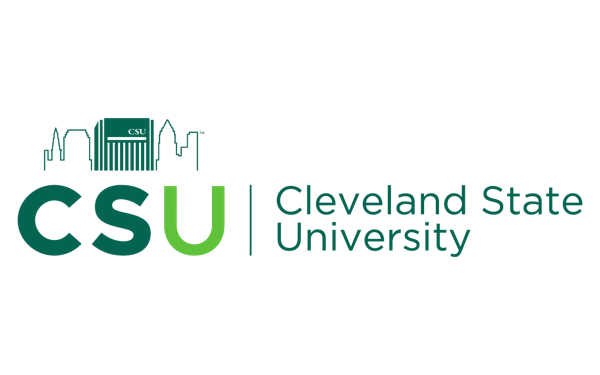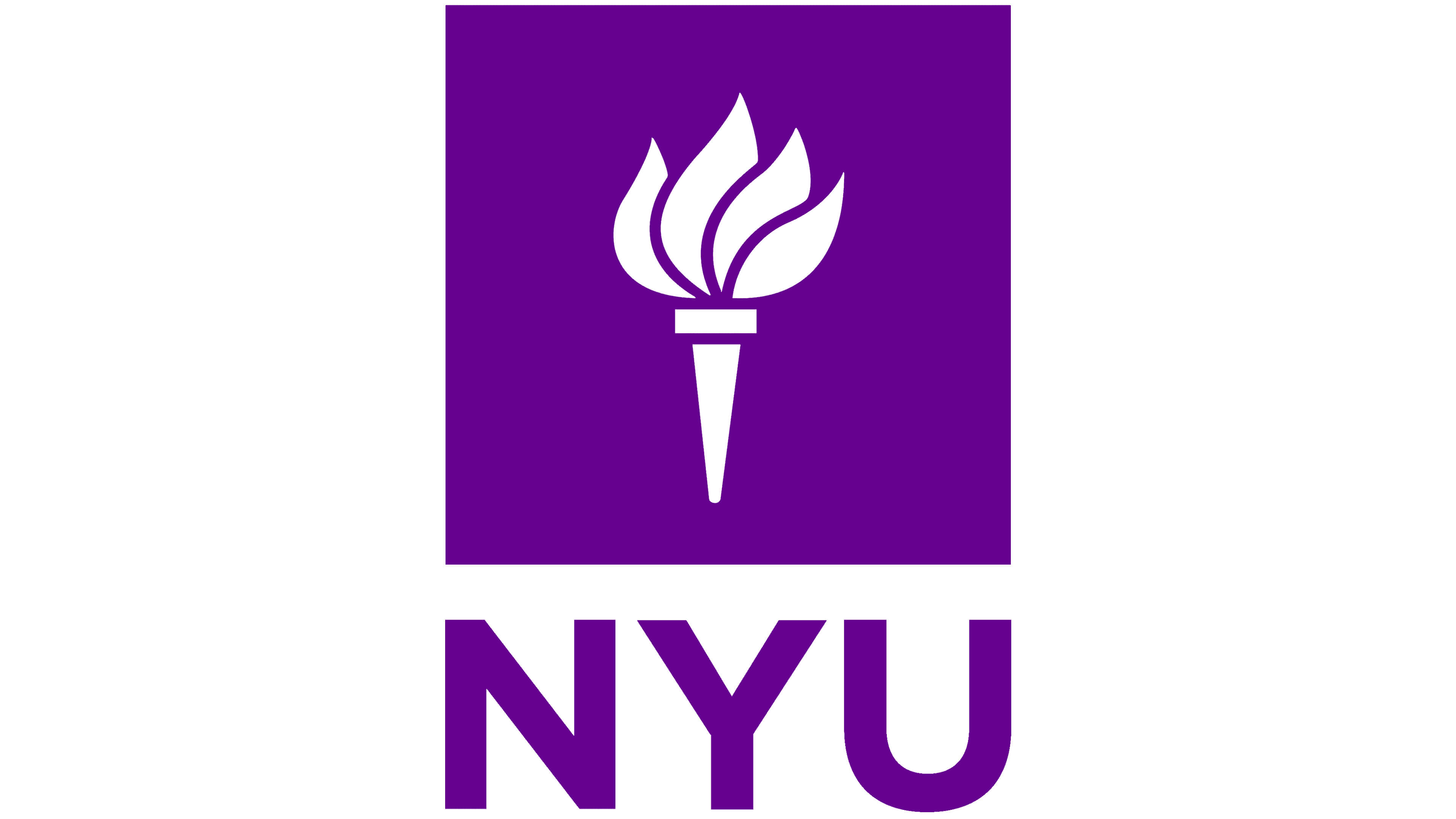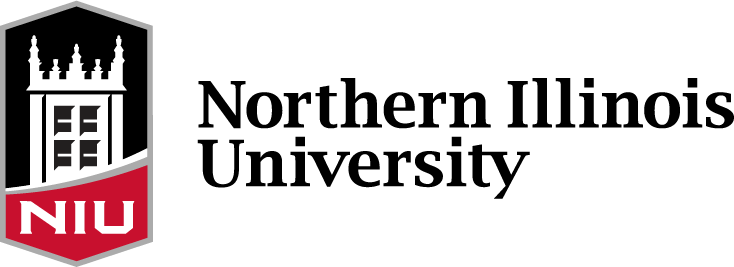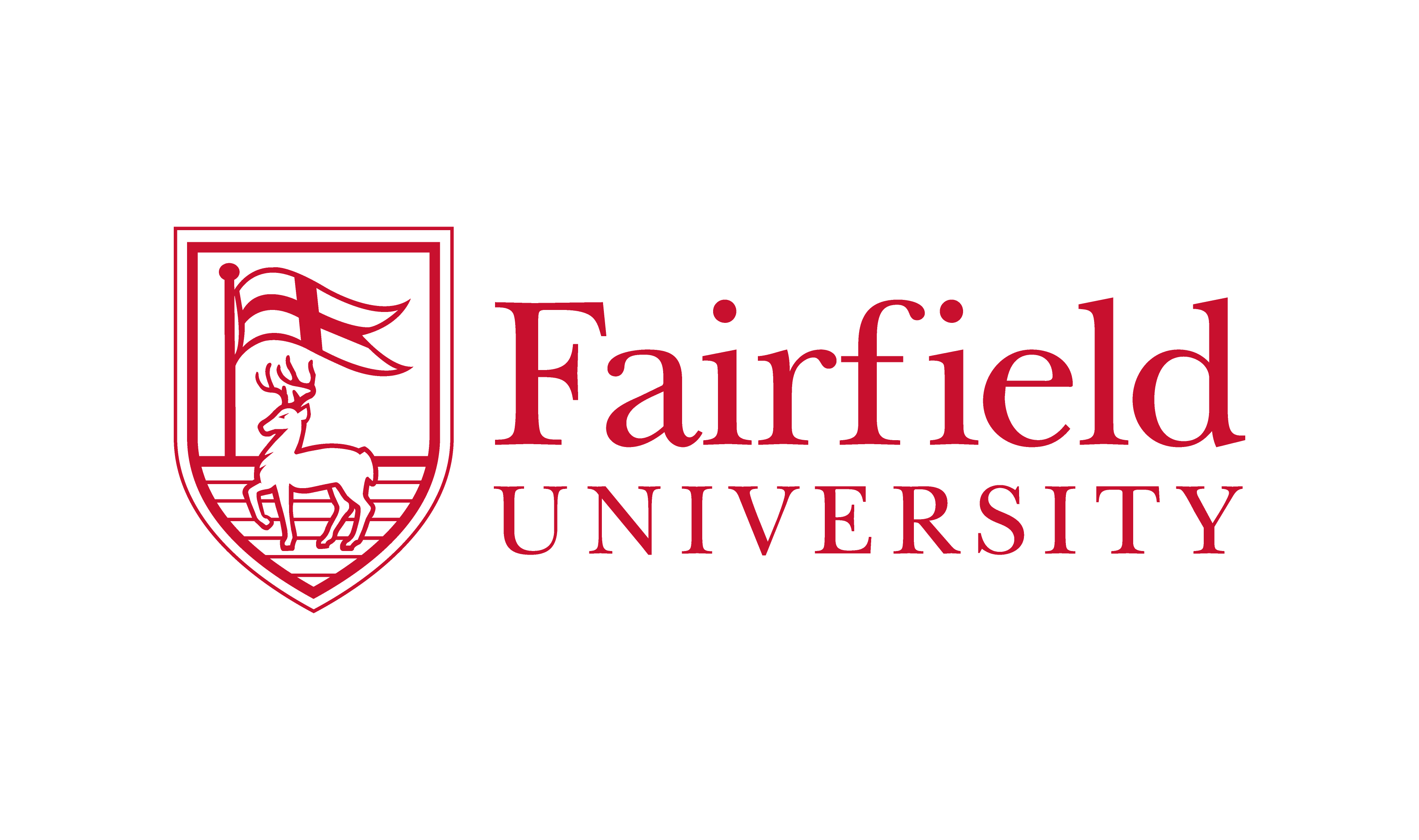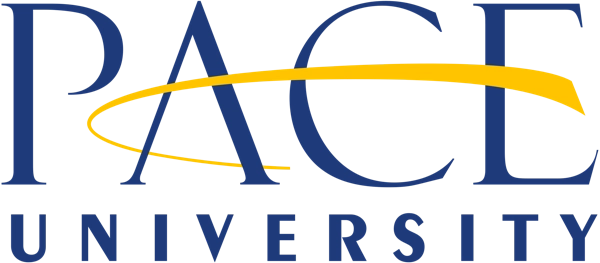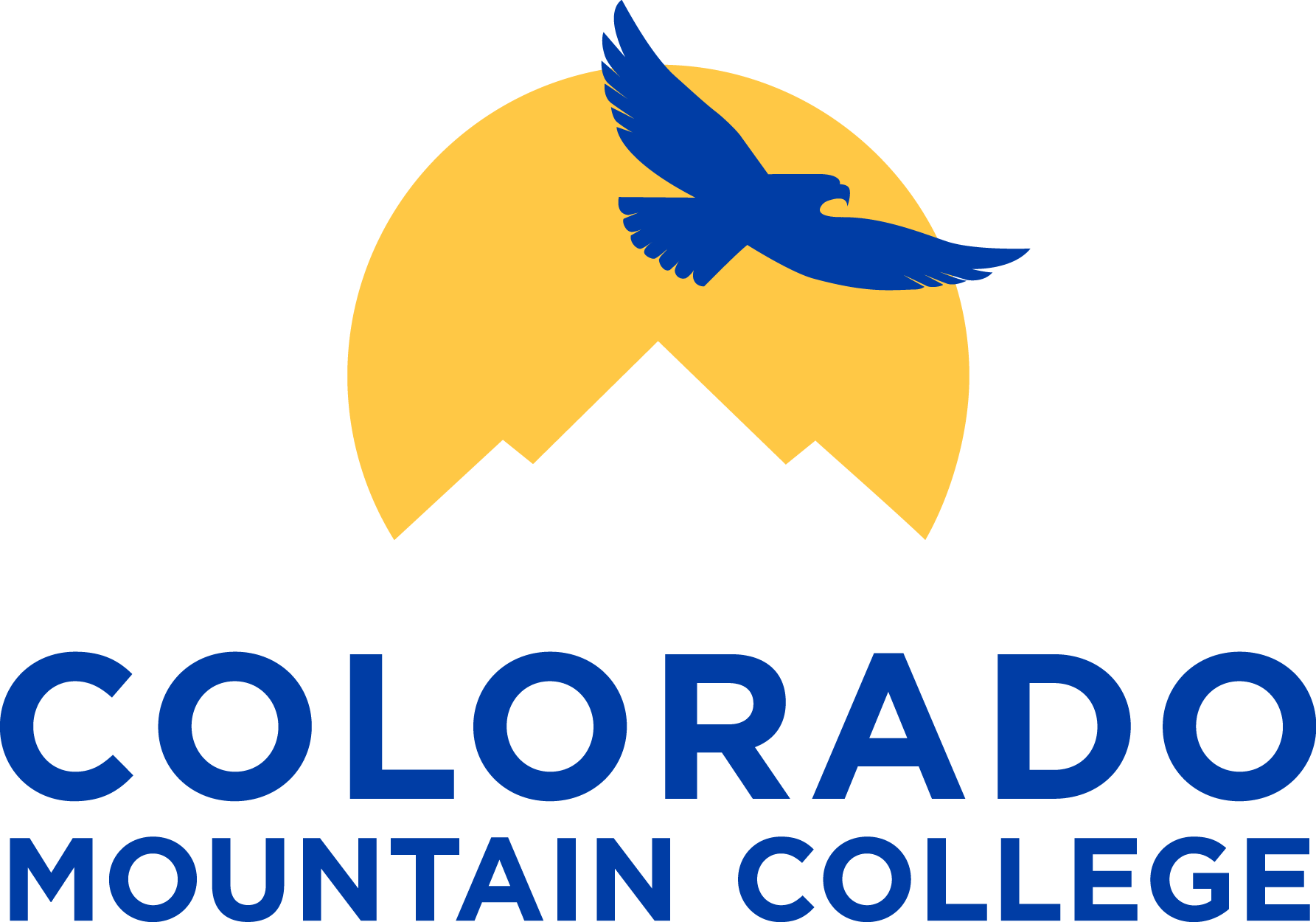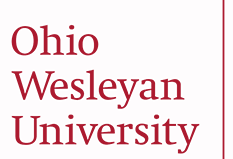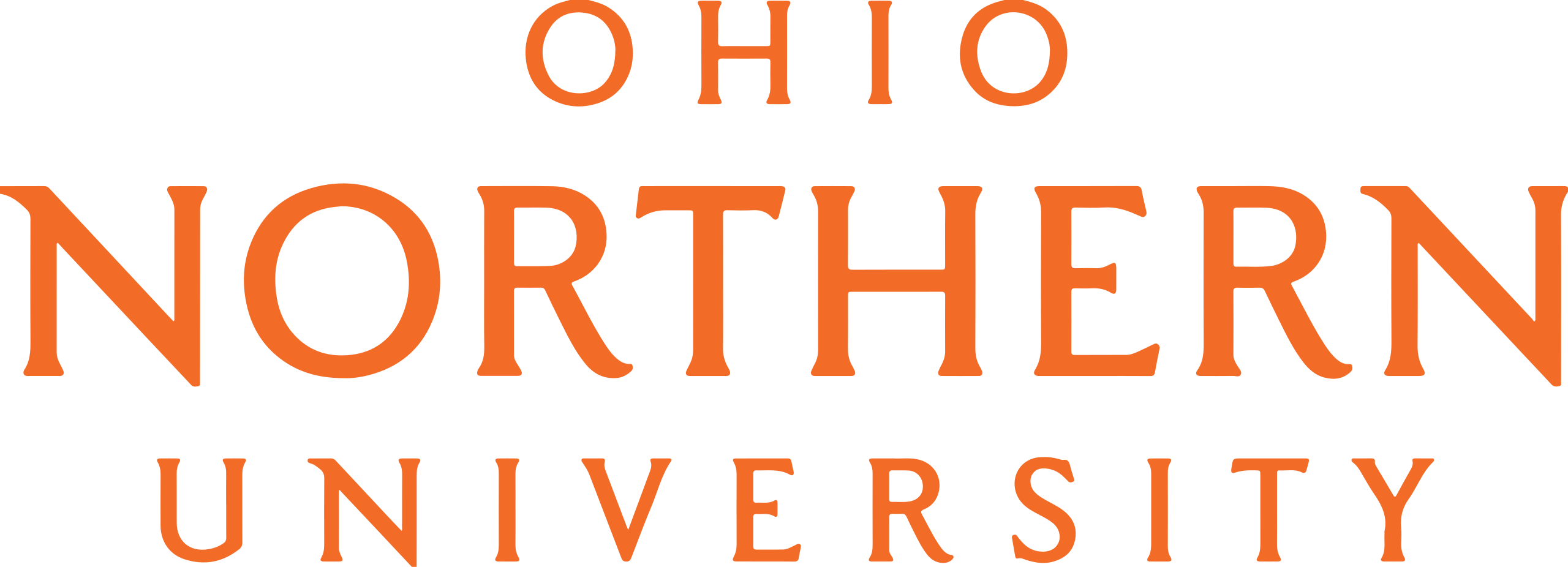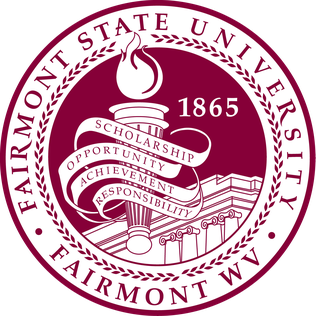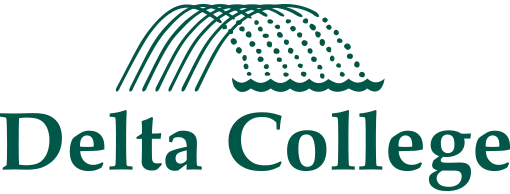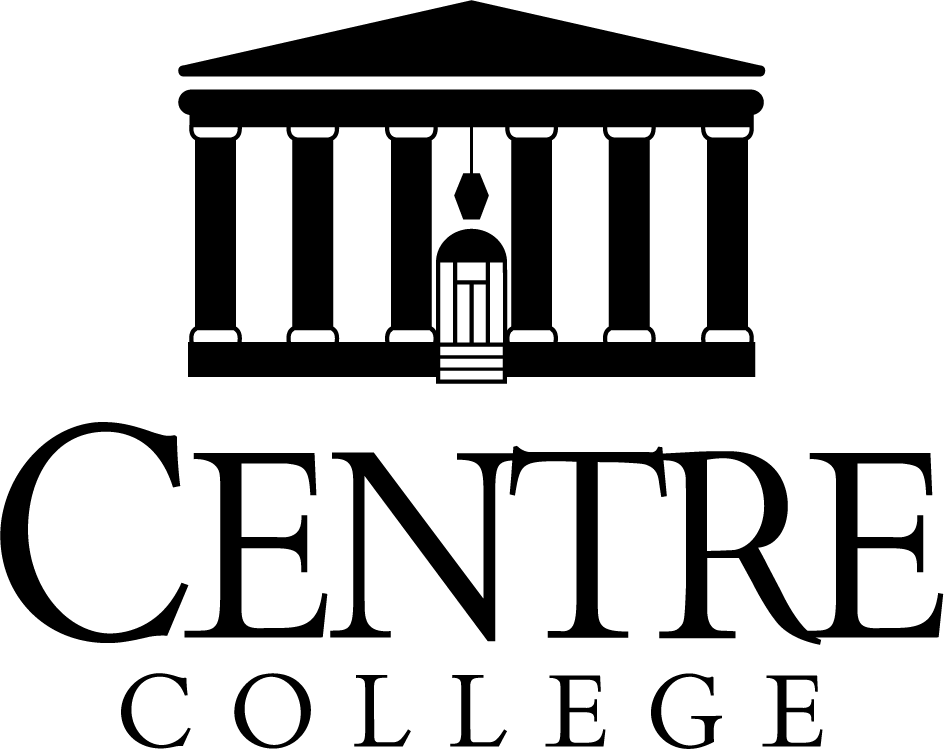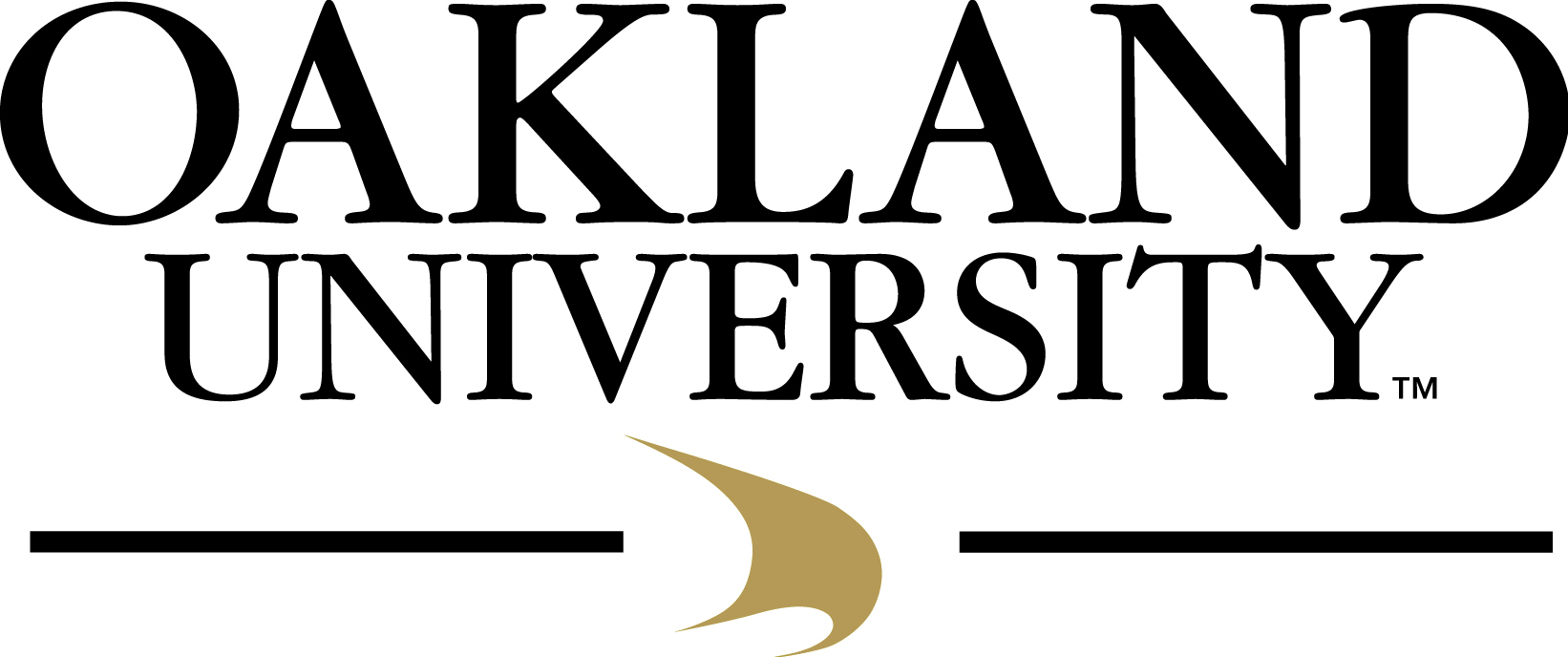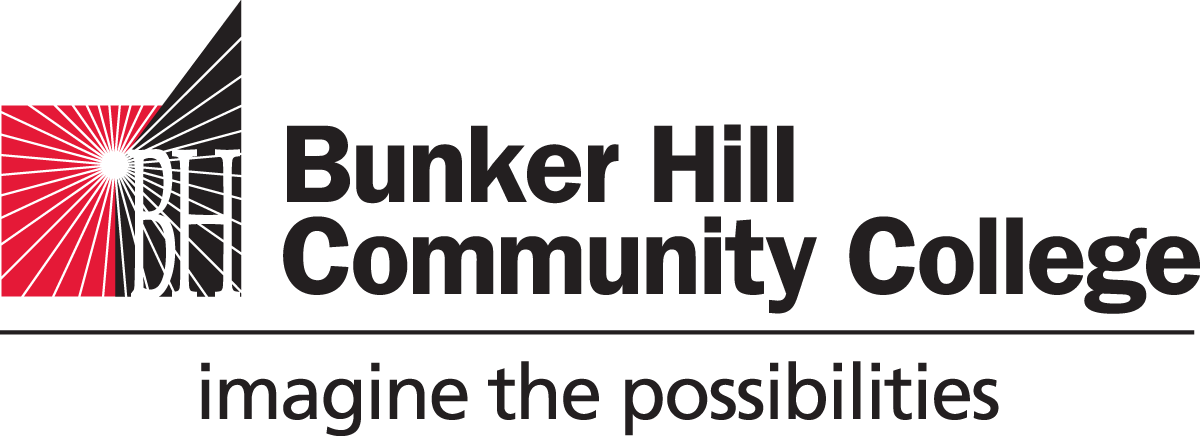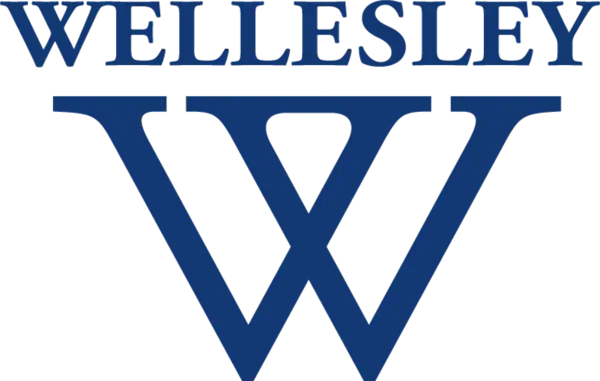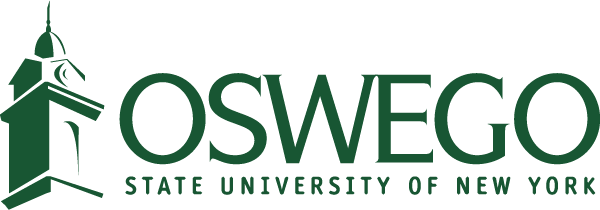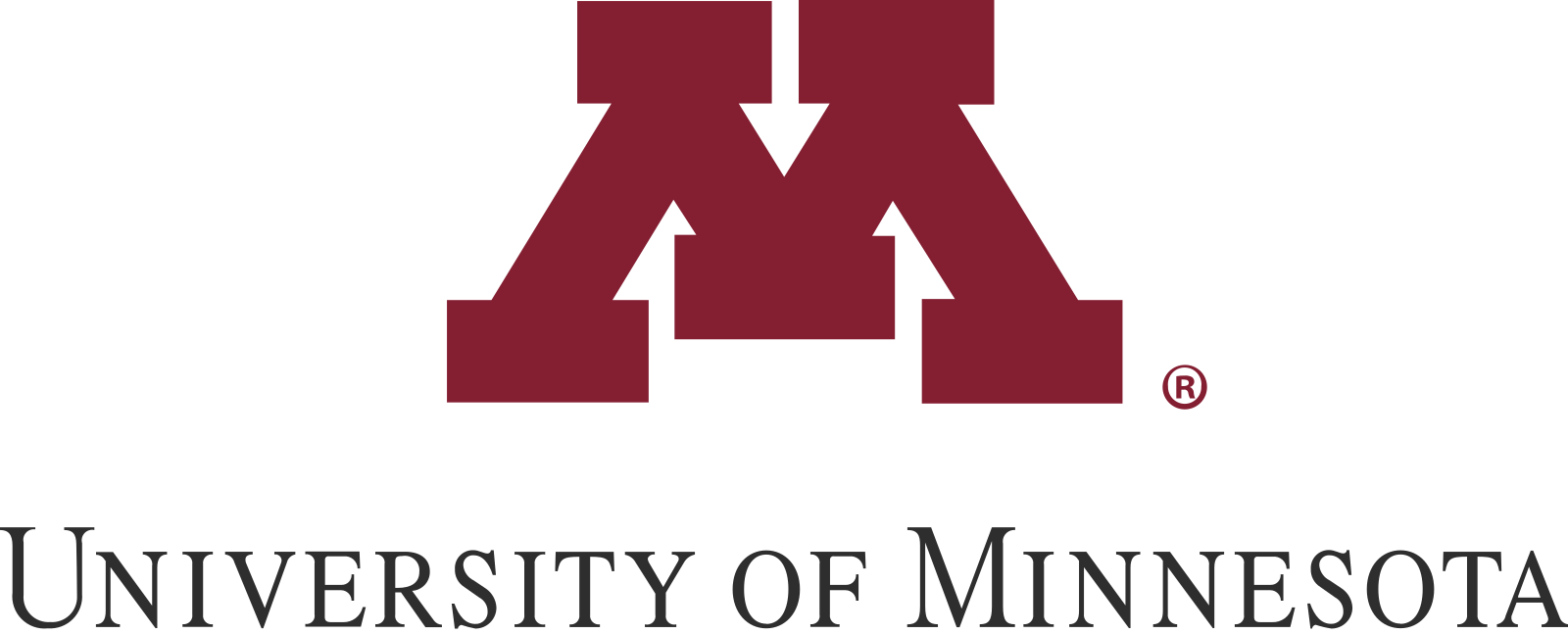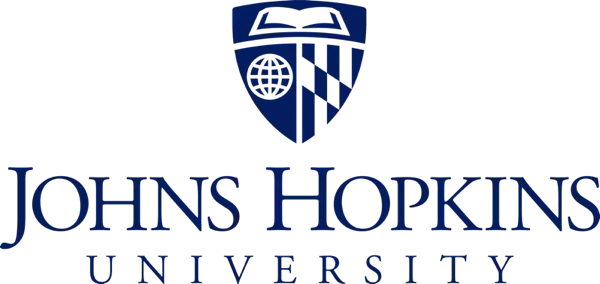
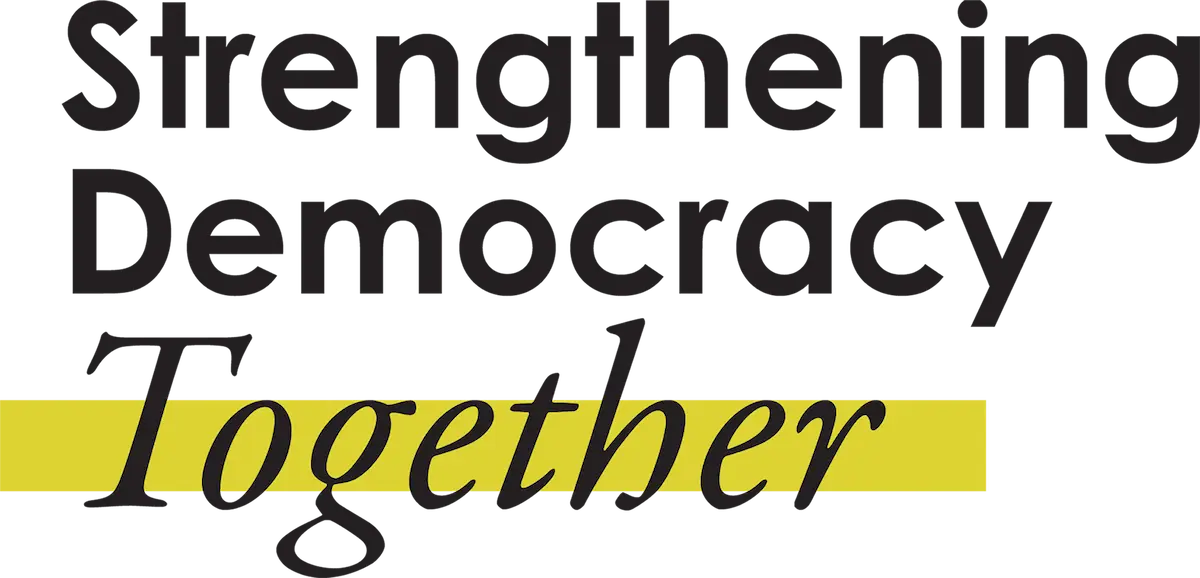
This is a critical moment for American higher education–and our democracy.
College Presidents for Civic Preparedness is a rapidly growing movement of campus leaders dedicated to advancing critical inquiry, free expression, and civil discourse on campus.
Convened by the Institute for Citizens & Scholars and guided by three Civic Commitments, these campus leaders are equipping today’s rising generation for civic life and for leading our democracy into the future.
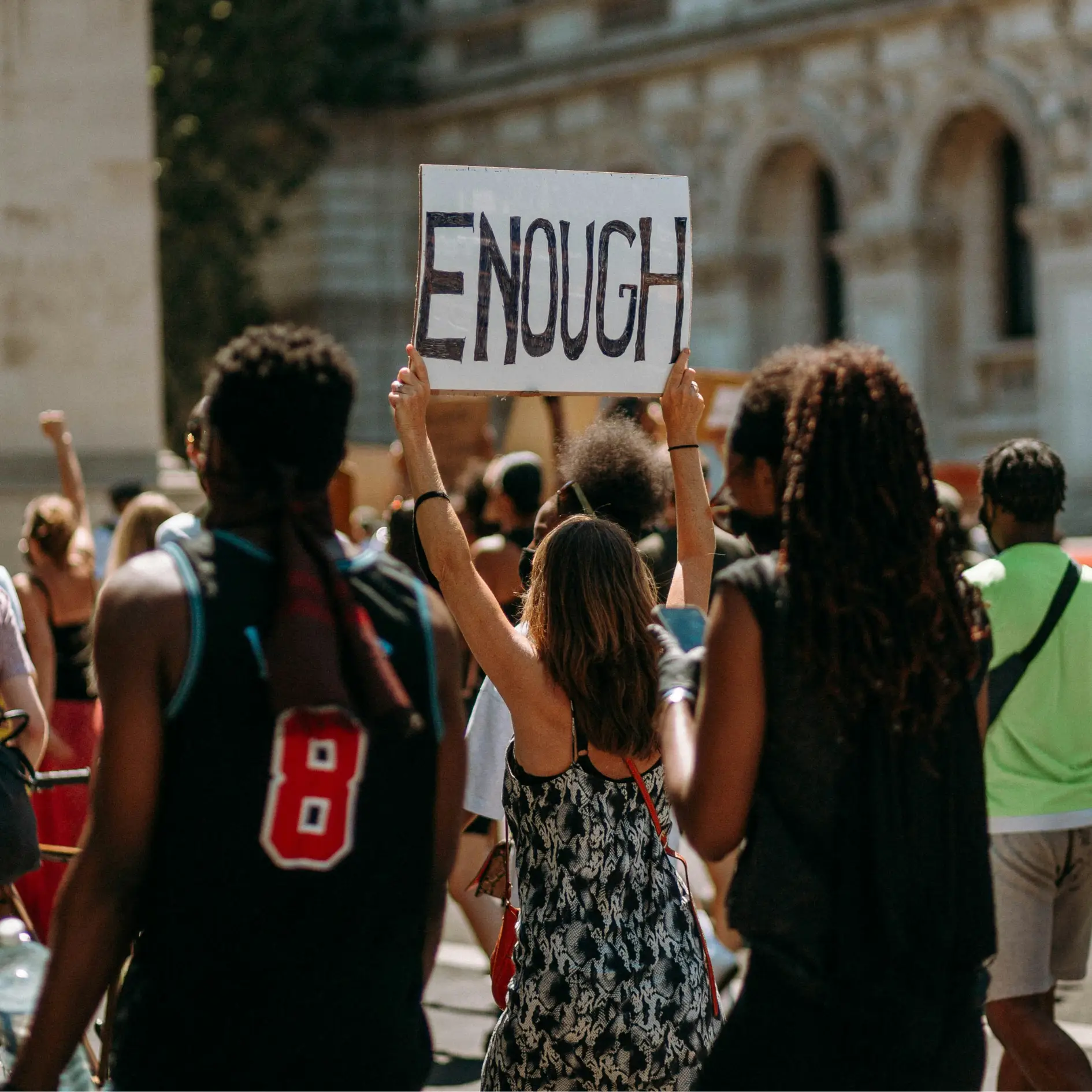
A critical moment for higher education and American democracy
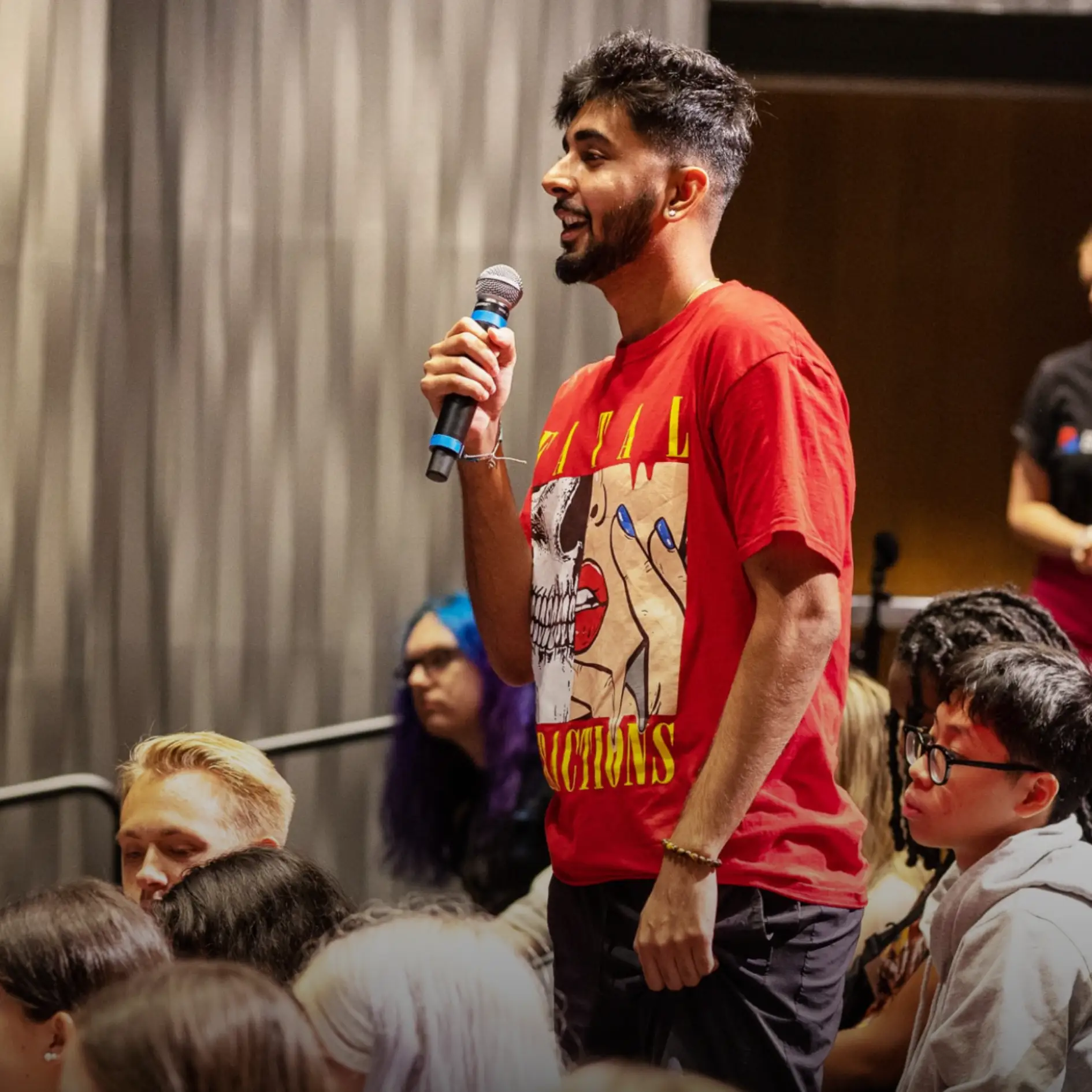
Students need civil discourse and civic skills to engage responsibly
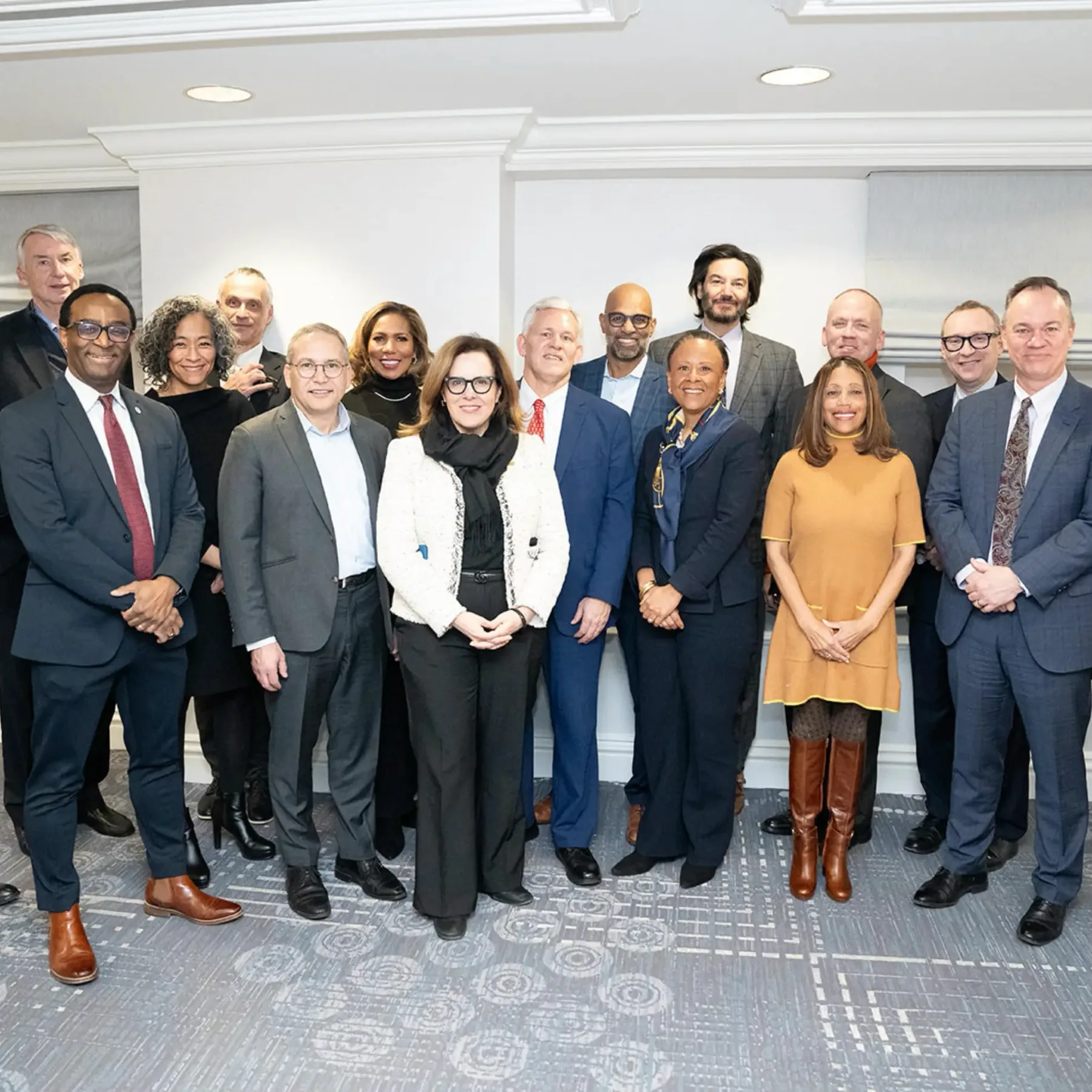
College Presidents are restoring higher ed’s role to uphold democratic principles
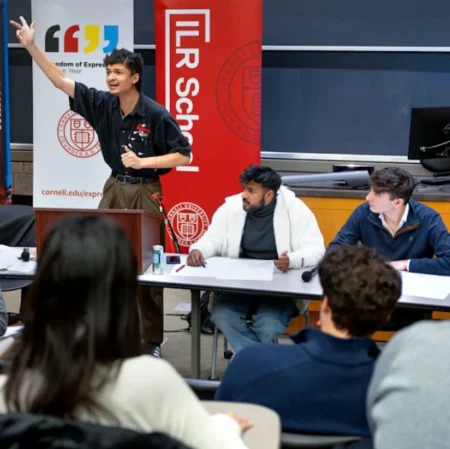
Guided by three Civic Commitments, presidents are developing programming to advance civic preparedness
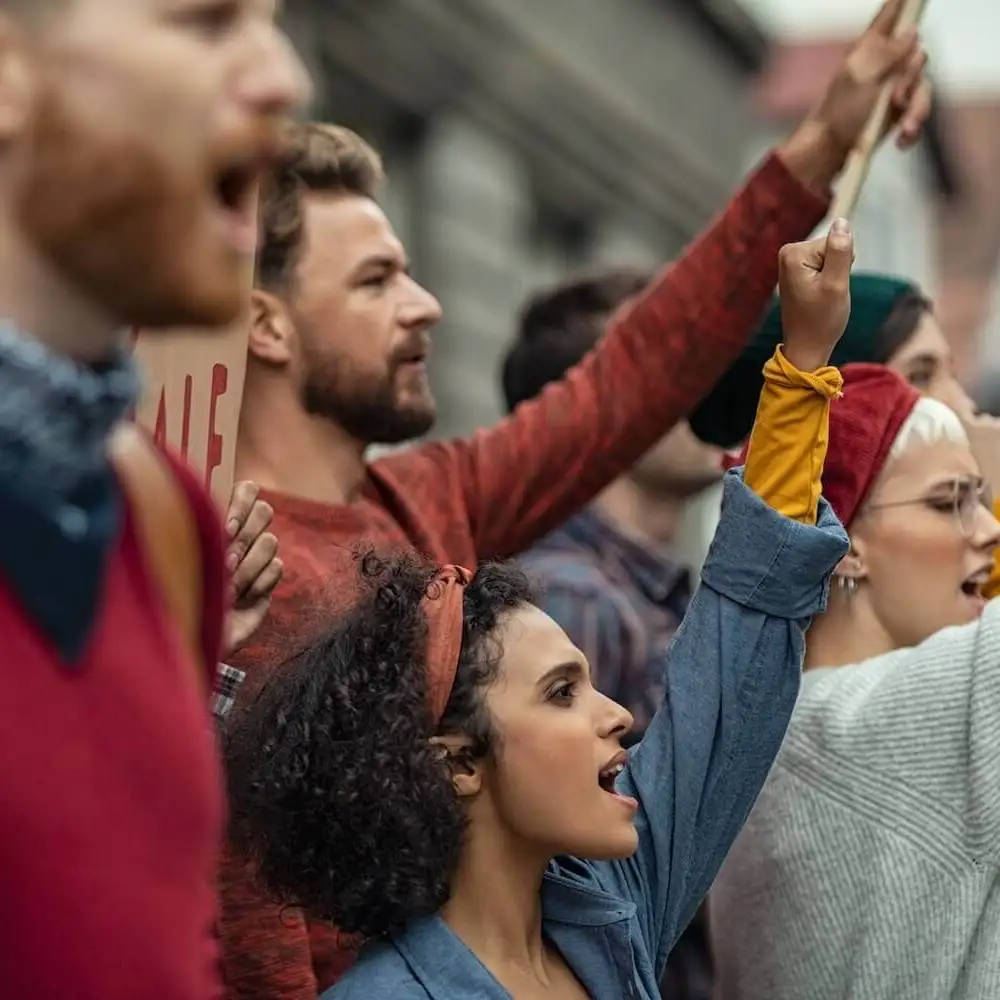
Ensuring students are prepared to participate effectively in a vibrant, diverse, and contentious society

A critical moment for higher education and American democracy

Students need civil discourse and civic skills to engage responsibly

College Presidents are restoring higher ed’s role to uphold democratic principles

Guided by three Civic Commitments, presidents are developing programming to advance civic preparedness

Ensuring students are prepared to participate effectively in a vibrant, diverse, and contentious society
The Civic Commitments
Presidents make the following Civic Commitments to our students, our academic communities, and the democratic society we serve:
Explore
Leaders of higher education must be in the business of bringing students together from widely different backgrounds and providing them the tools and the space to engage in dialogue. It is through a strong campus community--inside and outside the classroom--where disagreement can coexist with civility and that generations of young people can learn how to bridge, connect, and flourish.
Free expression is a critically important element of a civil society and an essential part of university life. It is important to our university community and reflects our core values that promote civil discourse and civic preparedness.
Civic preparedness is the bedrock of a thriving democracy. At Cal State San Marcos, we are dedicated to empowering our students by nurturing their knowledge and honing their skills, preparing them to become active, engaged citizens ready to address and overcome the challenges of tomorrow.
Higher education institutions fail in delivering their educational missions if their graduates are not prepared to effectively engage in our democracy.
Society today is deeply nuanced, fractured and polarizing. Today's students need practice engaging in the difficult and uncomfortable work of confronting divergent perspectives and even misinformation. Higher education is uniquely positioned to help students learn and leverage civil discourse to build bridges of understanding. This work is challenging, but it is also essential to pursuing peace, protecting democracy, and producing informed, global citizens.
In and outside the classroom, the free and open and honest exchange of ideas is imperative. Our students, and we in the faculty, administration, and staff, must seize upon this time to promote freedom of thought and expression, to embrace challenges to our assumptions, and to be exemplars of civil discourse, even with views we doubt or oppose.
It's absolutely critical that universities like UW-Madison train our students to be thoughtful, productive, and engaged citizens—our graduates must be able to assess complex information, think critically, and engage productively with those who have different viewpoints, identities and life experiences.
In this time, it’s crucial that we do more than just bring people together to share the same space. We will double-down on the importance of a thriving, safe and welcoming community for everyone at Whitman. And we will make the most of the extraordinary opportunity for connection and face-to-face learning on a diverse and international campus. We will elevate the importance of constructive civil discourse, where honest conversation from different points of view is valued and leads to deeper understanding and creative collaboration.
Preparedness for civic engagement and the ability to engage in civil discourse is a deep challenge for open societies across the globe as well as for our college and university campuses. All of education, including higher education, need to help cultivate the skills and capabilities of constructive dialogue, active listening, respectful debate, openness to different viewpoints, negotiation, and collective problem solving. Students are arriving on campus not knowing how to talk to each other, especially those with different viewpoints, and we cannot afford to allow them to leave campus without having learned that critical set of skills.
The ability to have a group of committed presidents with the expertise at the Institute for Citizens & Scholars—it’s the work that Wellesley wanted to engage in. There is no established or validated path in this work, so we’re all navigating together and that’s very powerful.
Universities must embrace thought pluralism. For higher ed and our society, it is as vital as freedom of inquiry and freedom of expression. If we silence dissension on our college campuses, we are not serving our students and, worse, we may fail to provide them with the tools and skills the American public expects them to graduate with.
The fundamental idea is to challenge yourself—even if that means you will not always be comfortable. Being open to changing your mind, having the ability to hone your arguments, and thinking differently from multiple perspectives: these are essential skills and tools of higher education. It's imperative for leaders in higher education to do all we can to promote dialogue across differences, and that's why I'm so excited to be part of this coalition.
Momentum on Campuses
Explore the latest news, storytelling, and research advancing the principles of free expression, civil discourse, and critical inquiry on campuses.

